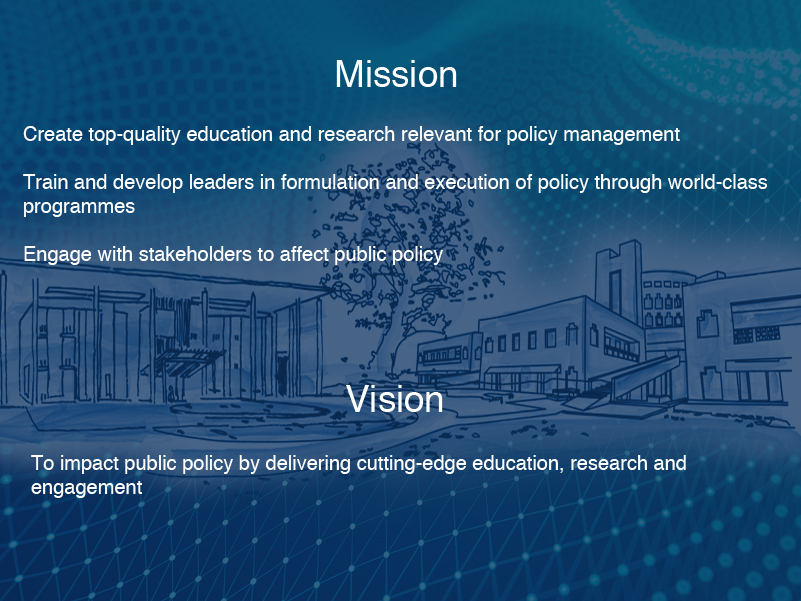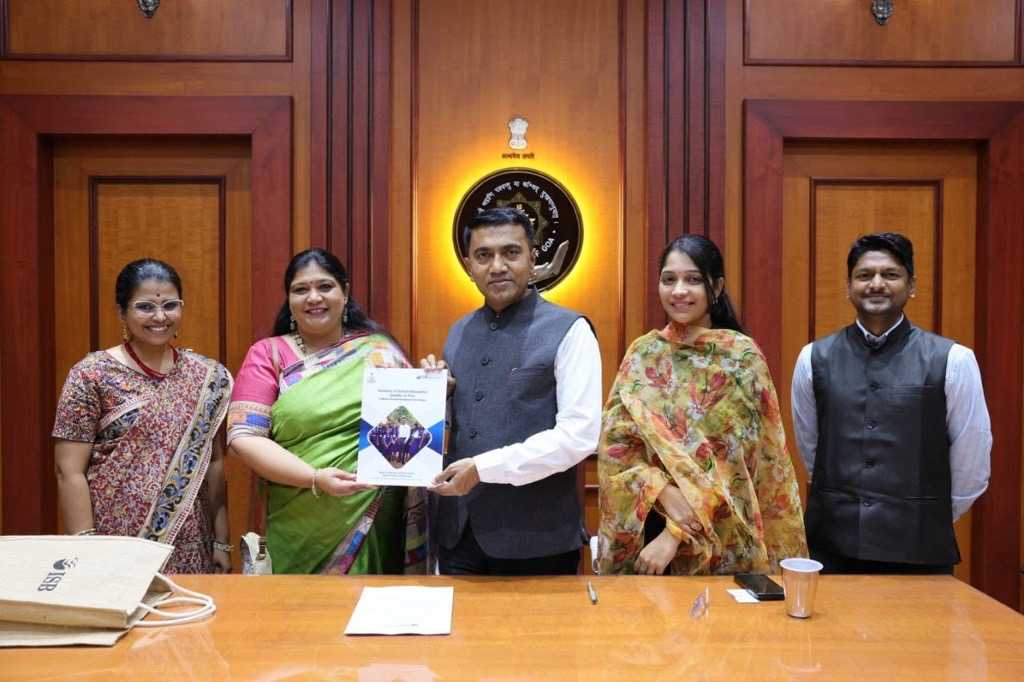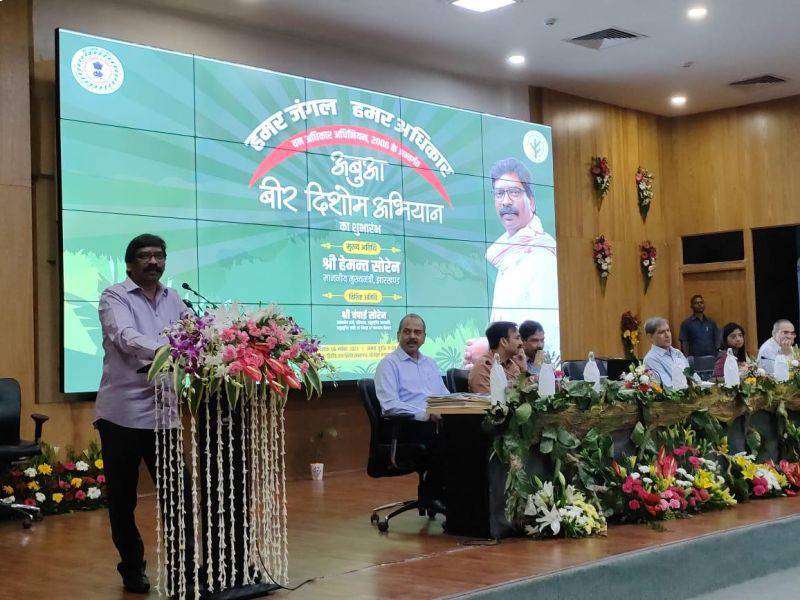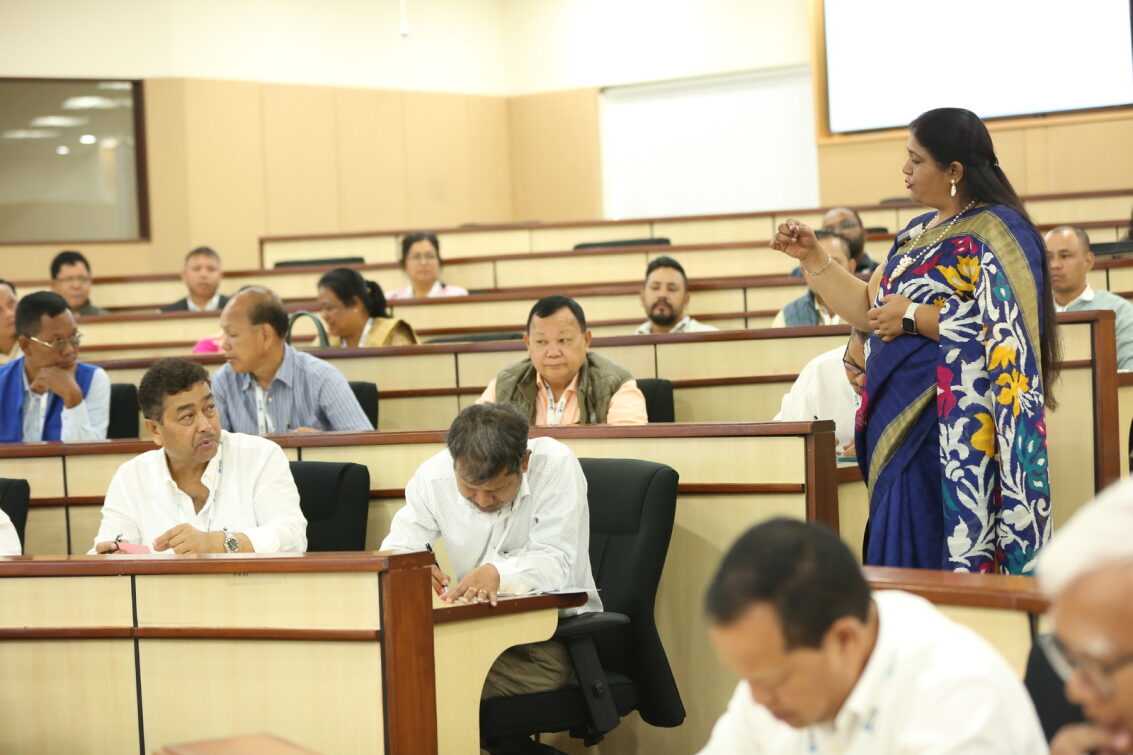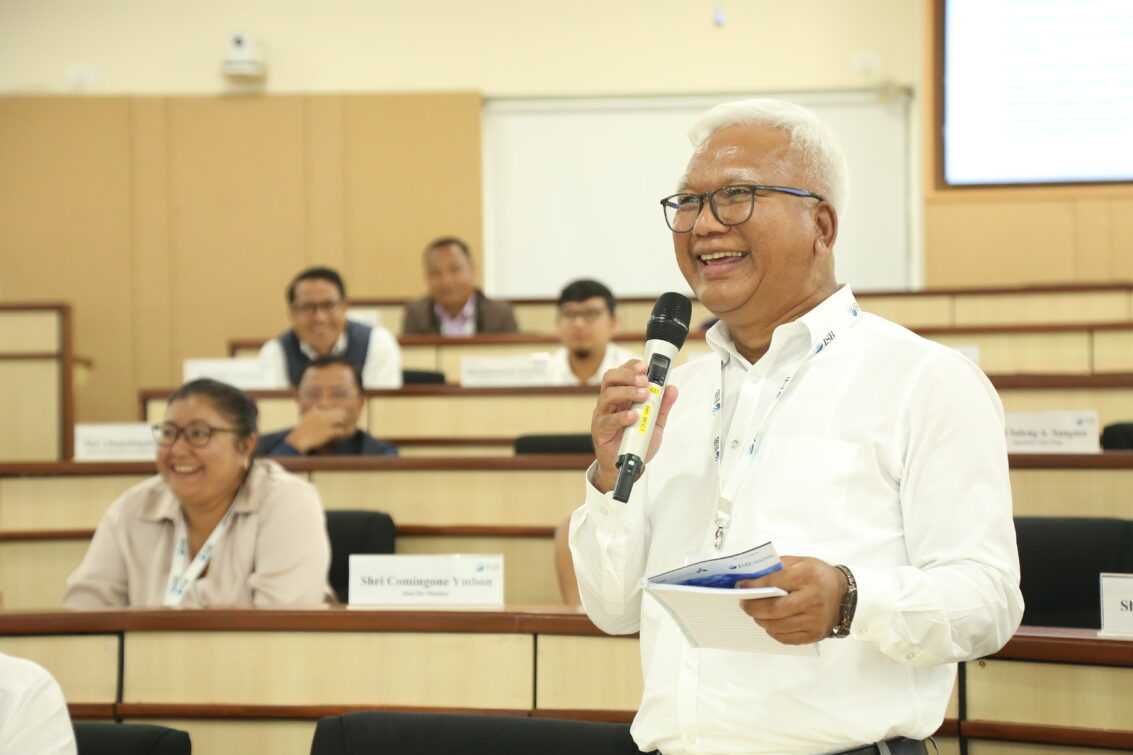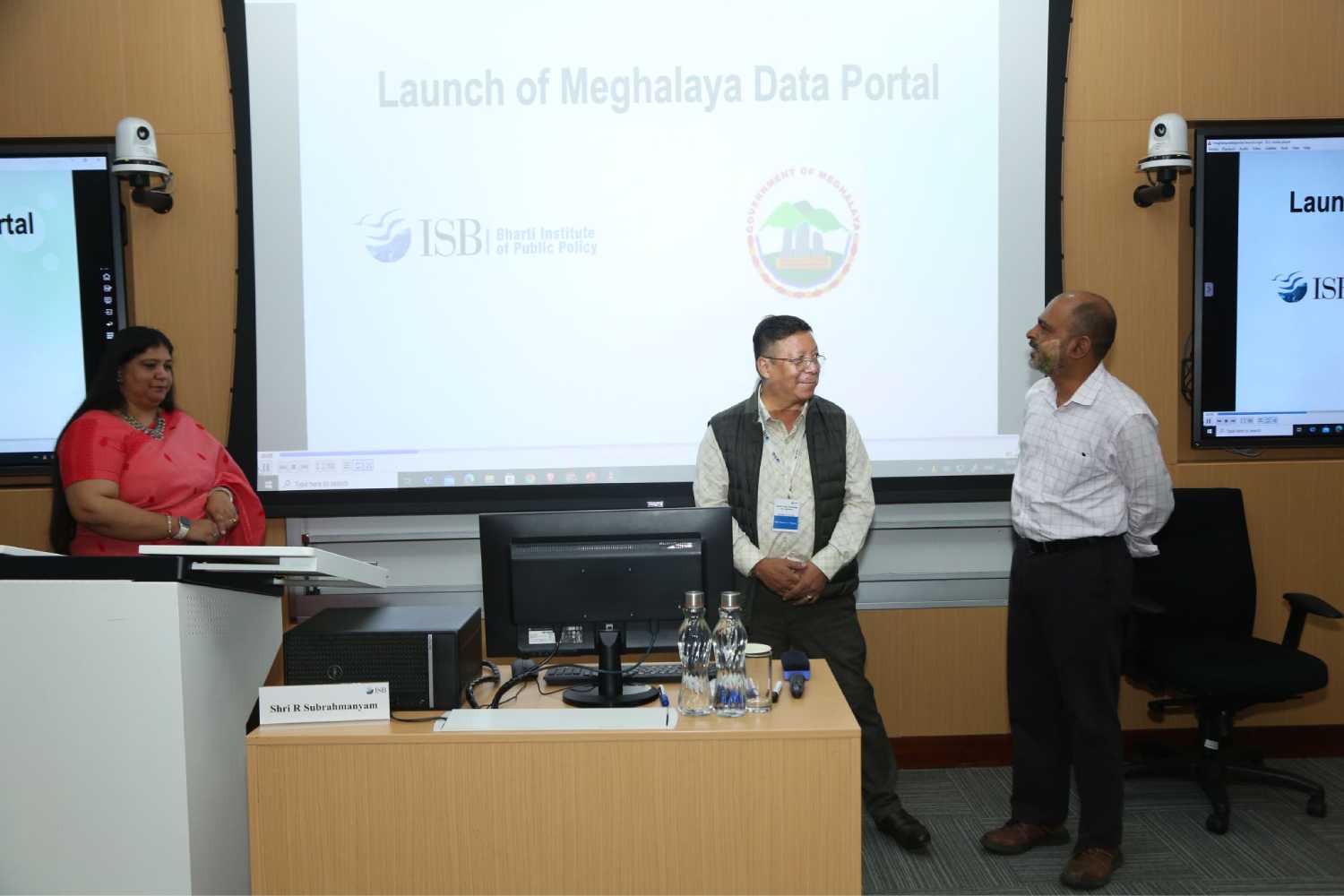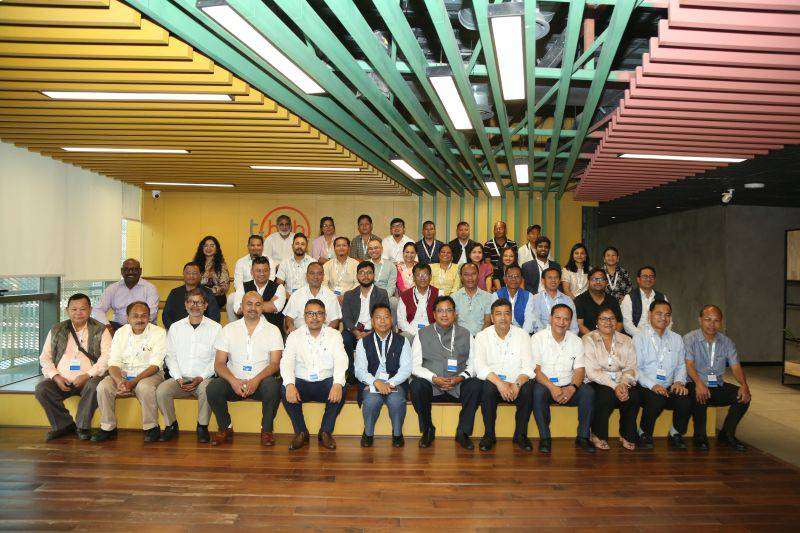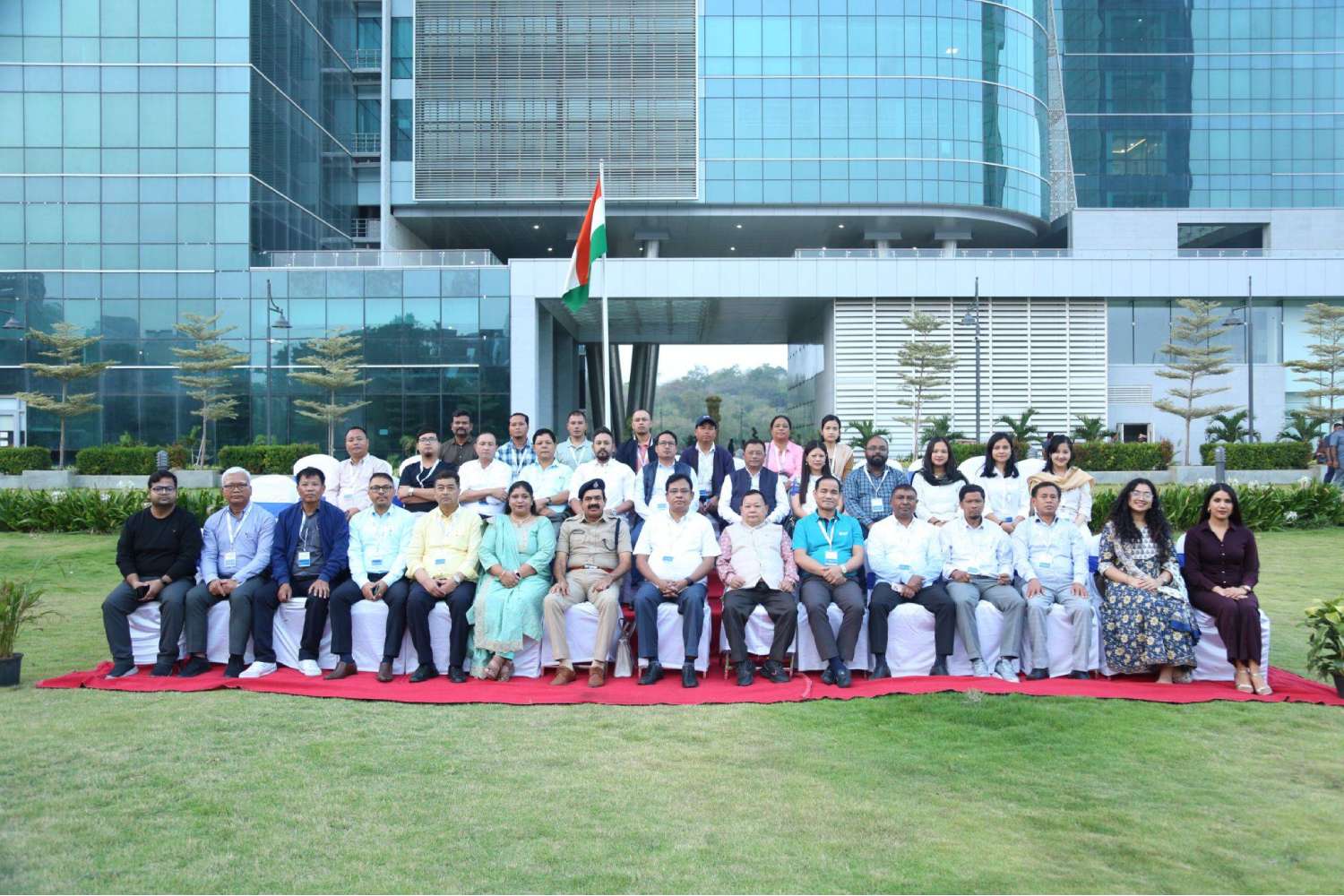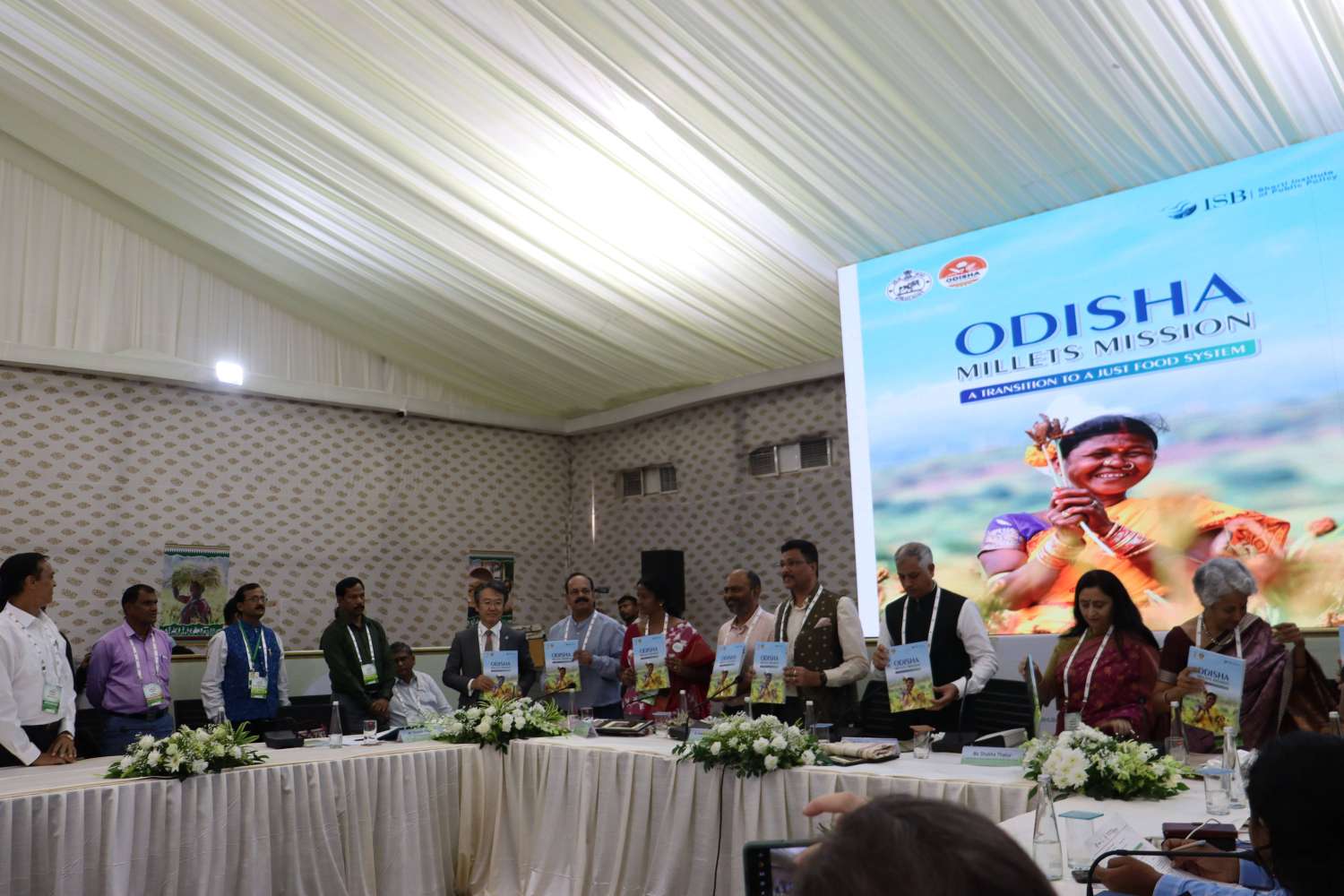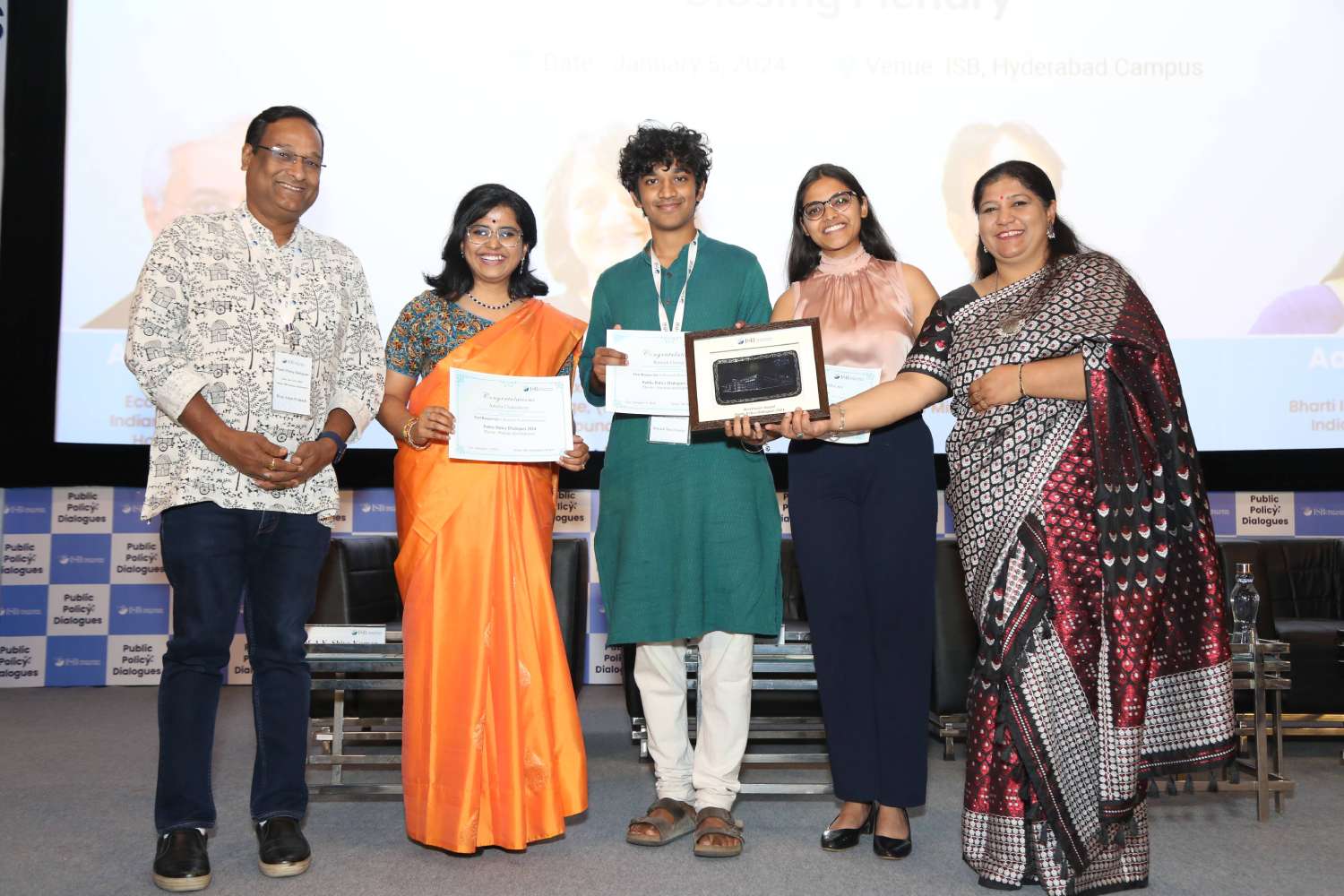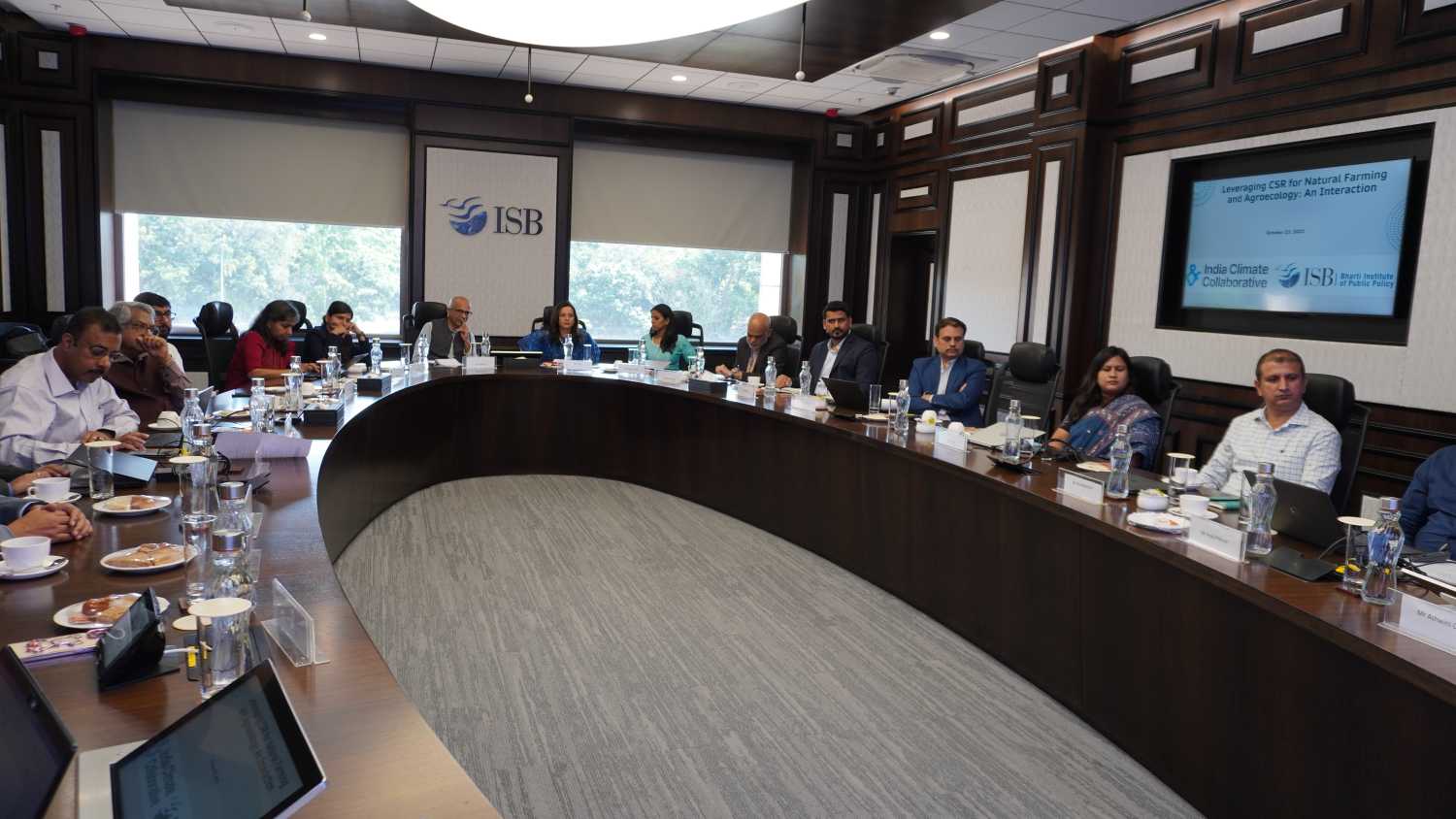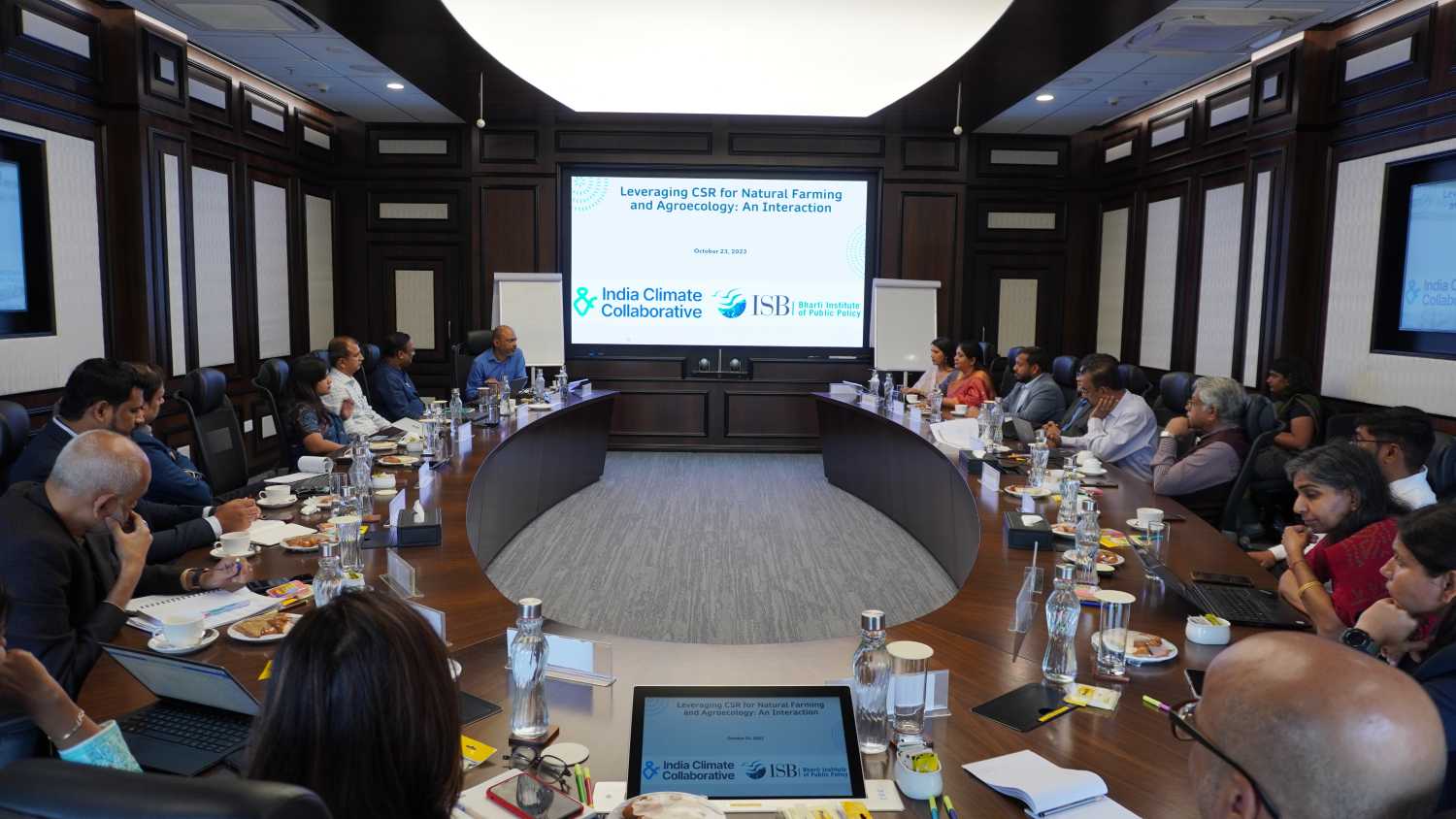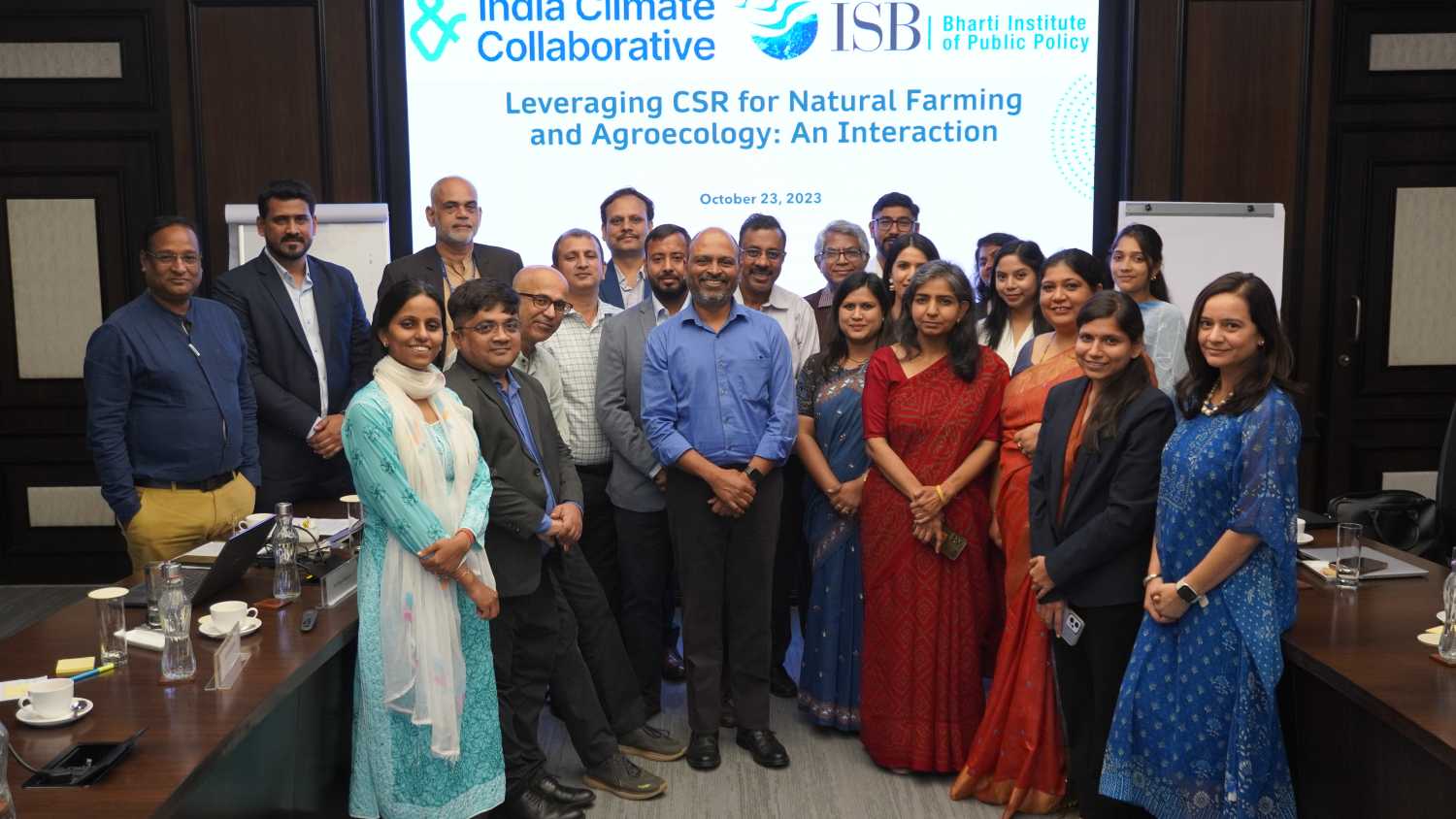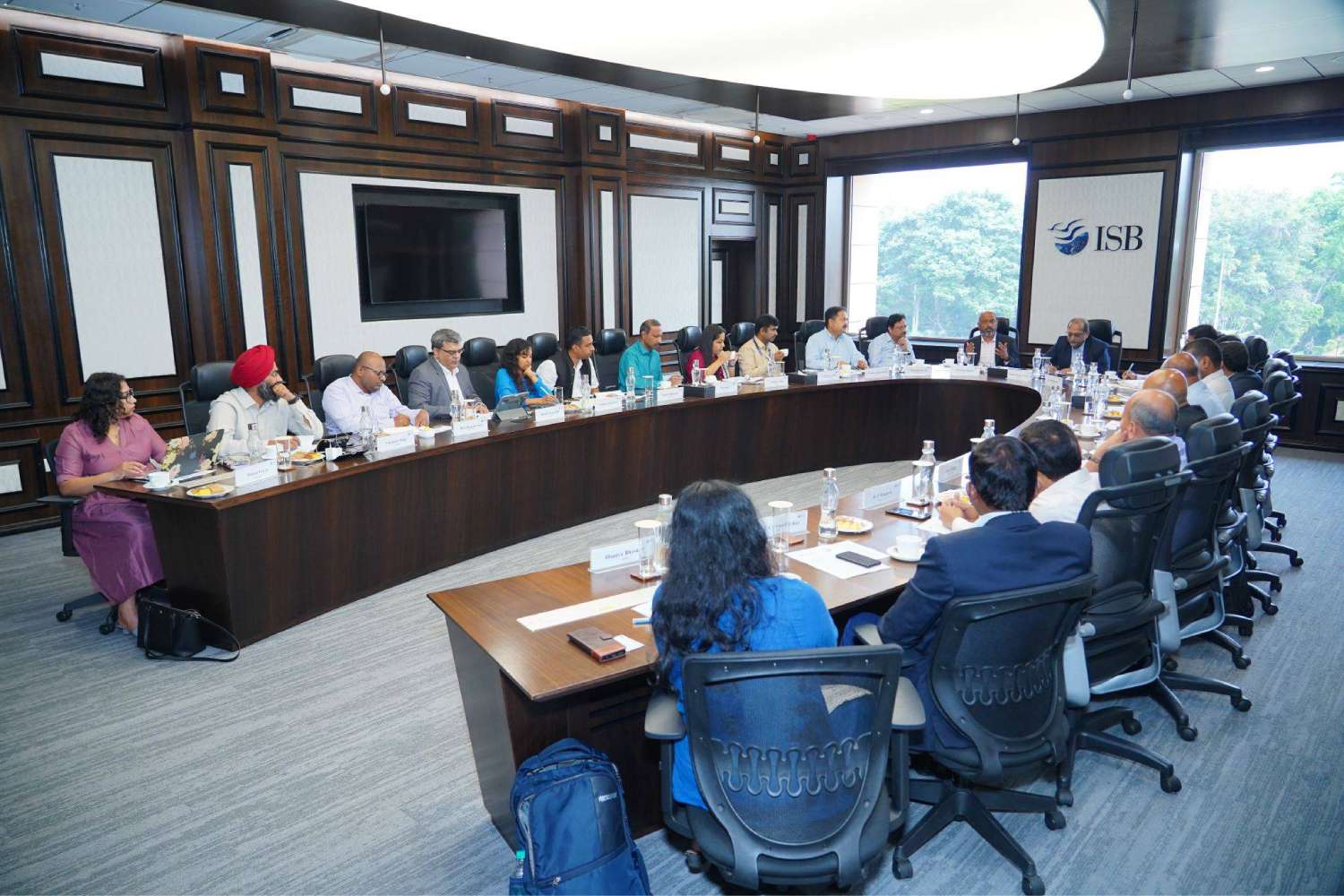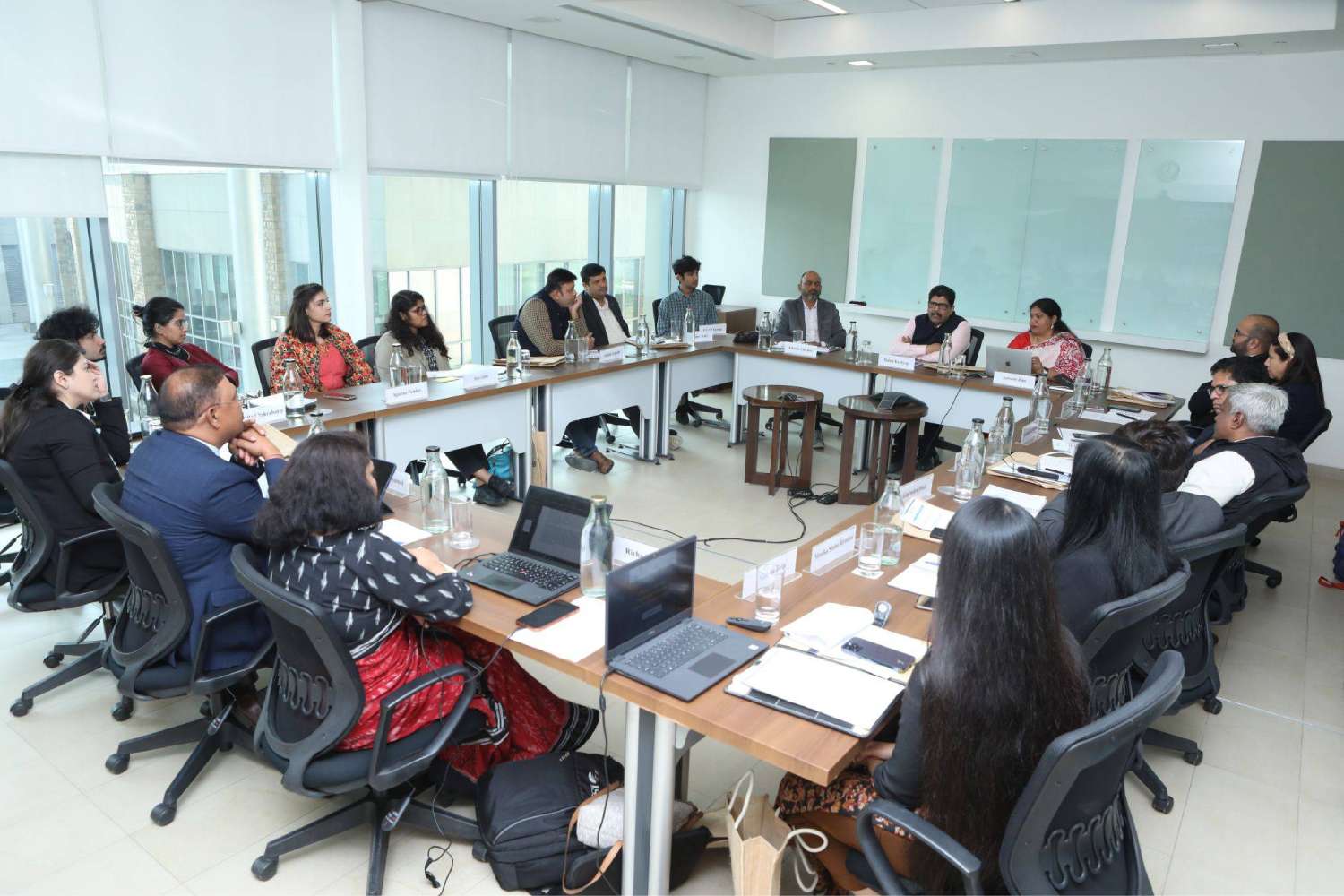The second annual three-day Public Policy Dialogues of the Bharti Institute of Public Policy, Indian School of Business, was held from January 3-5, 2024, at the Hyderabad campus. This year, the Dialogues—a platform to delve into multiple public policy issues, focusing on challenges and innovations, bringing a congregation of policymakers, researchers, practitioners, civil society, media, and academia under one roof— focussed on the theme of Human Development and its importance.

Vol 3, Issue 3, 2023
Welcome to yet another issue of Communique! We at Bharti Institute of Public Policy had a productive last quarter of 2023 that served as a perfect wrap up to the year 2023—full of activities and fruitful engagements. We also witnessed an amazing start to the new year 2024 with our second edition of Public Policy Dialogues and took the opportunity to share some glimpses with you all. Read about our key achievements, initiatives, collaborations, events, and more, below.
HIGHLIGHTS
Public Policy Dialogues 2024
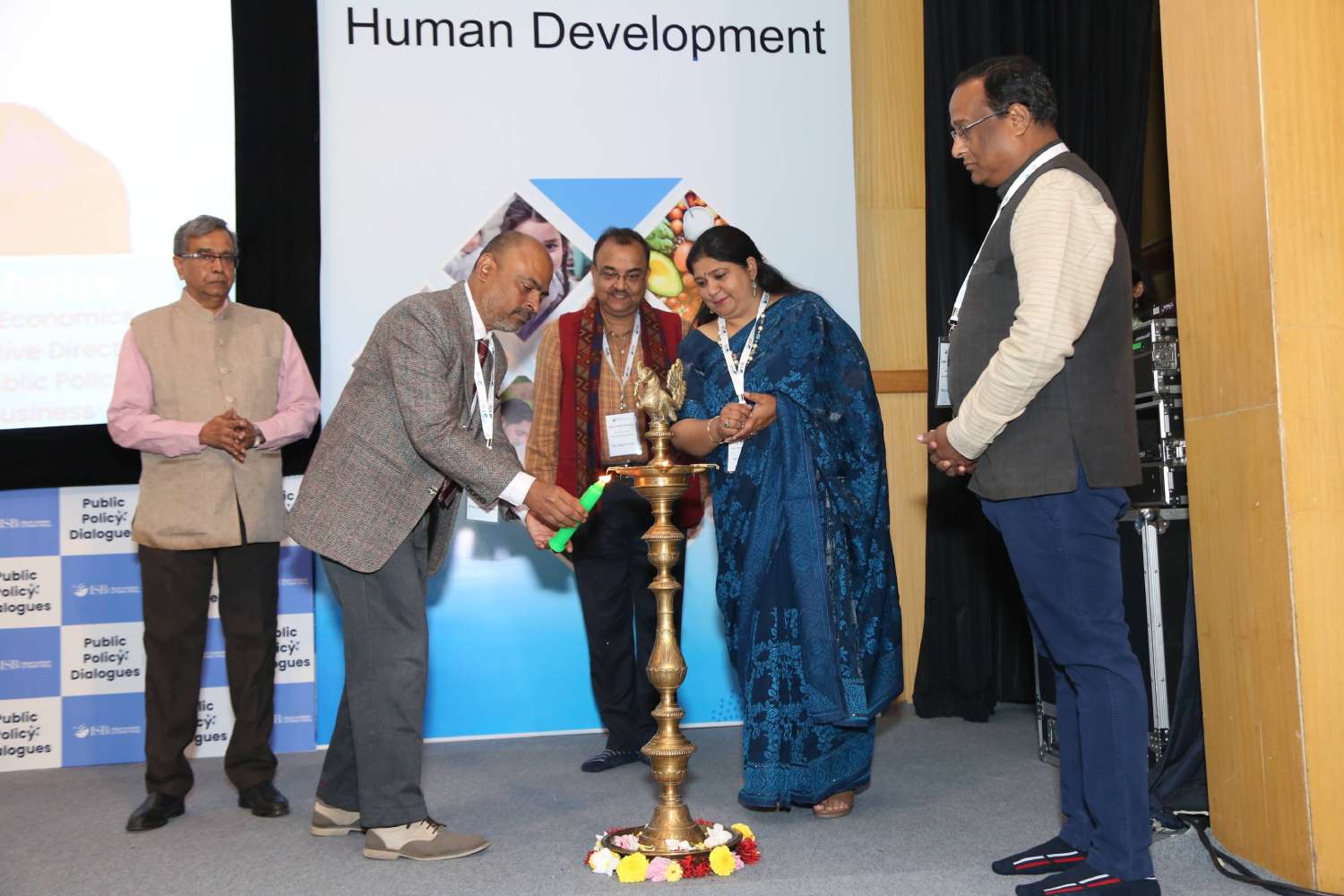
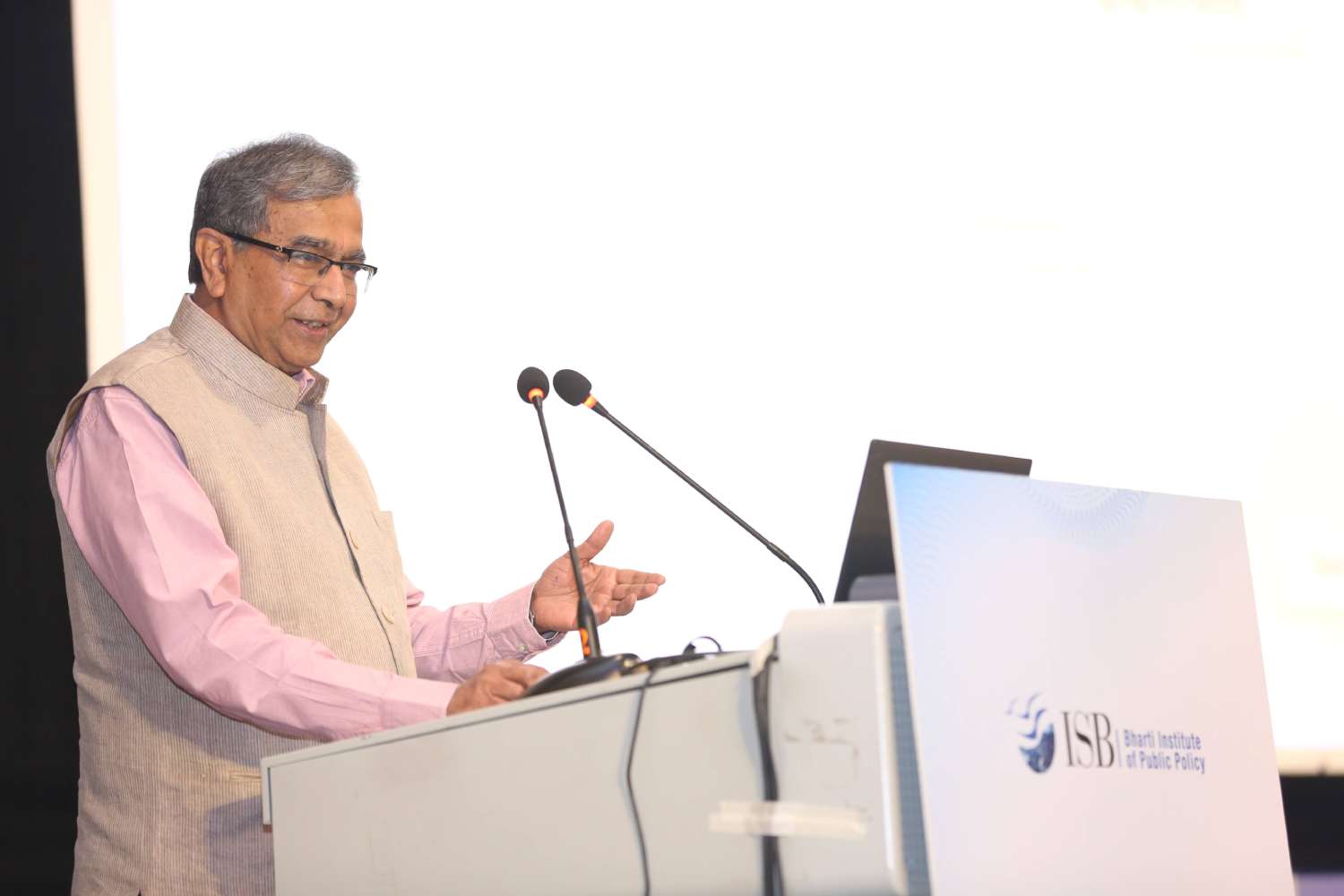

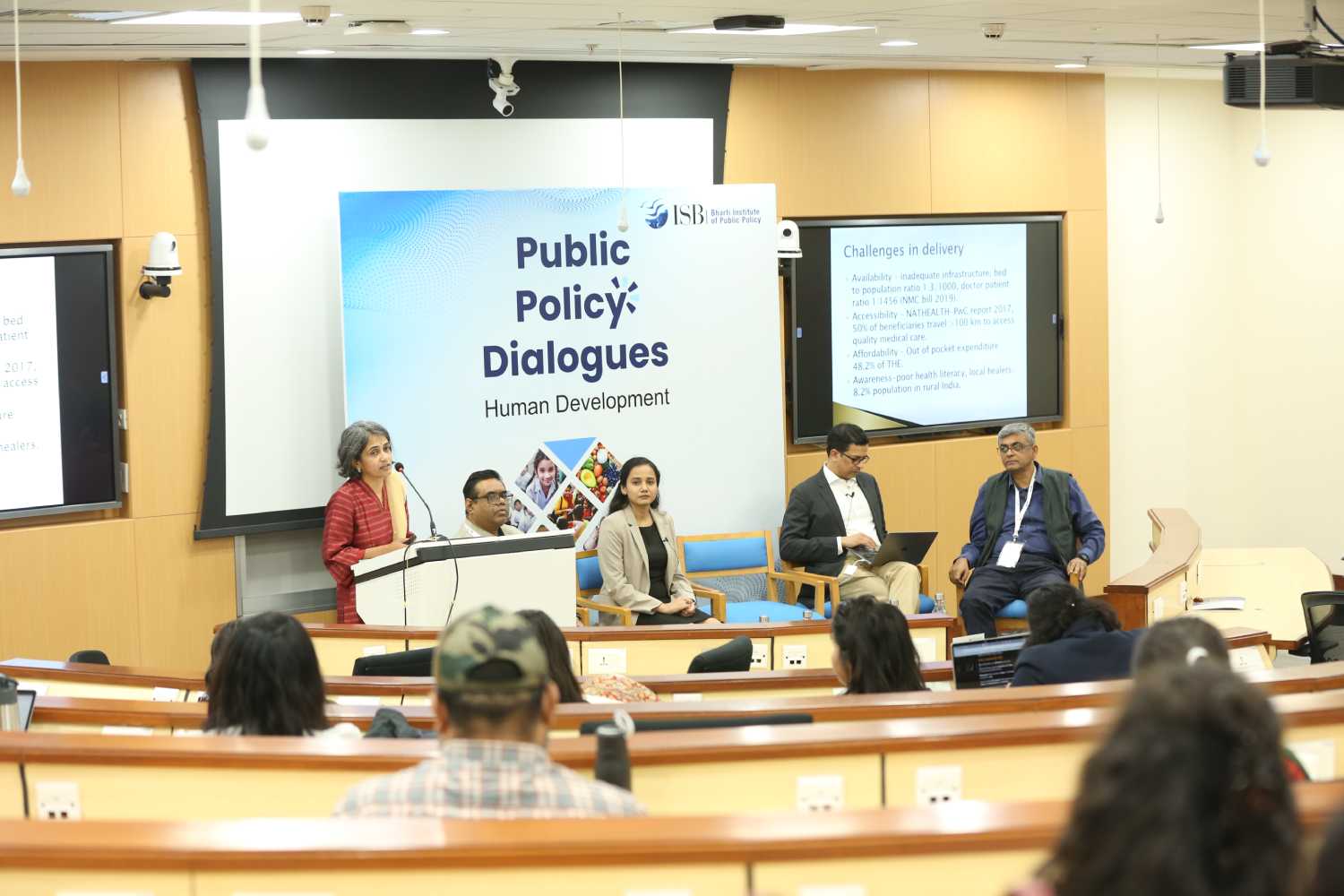
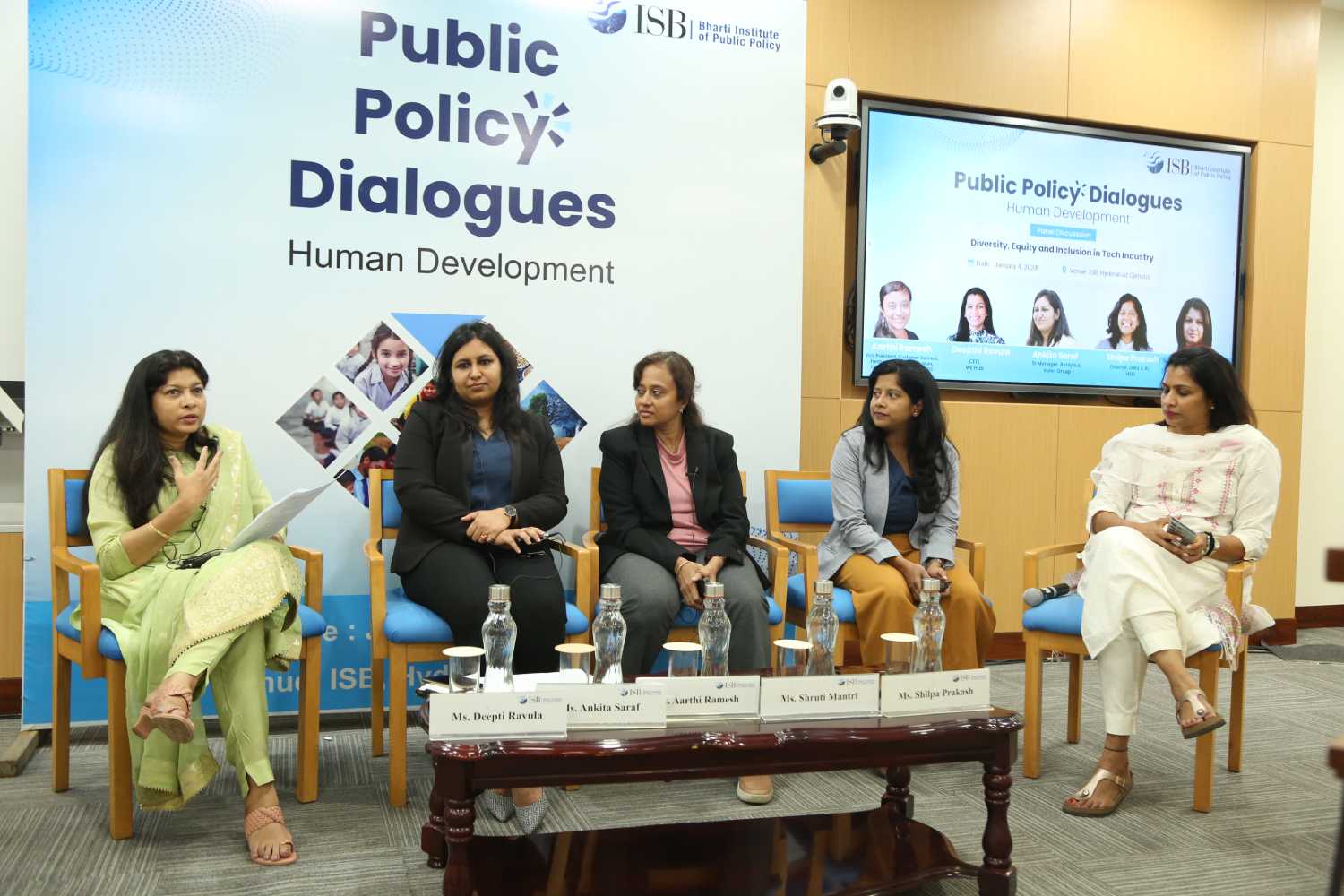
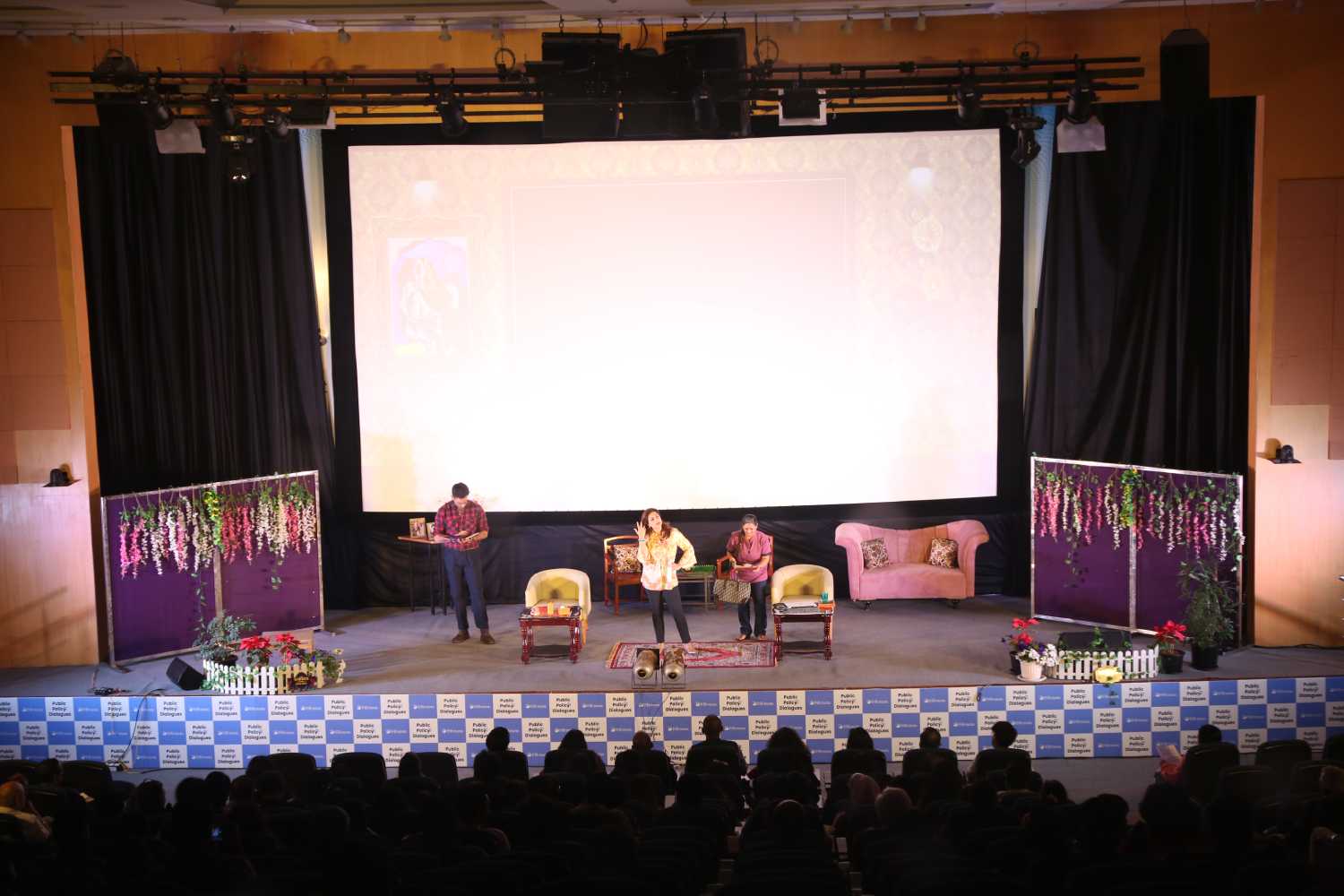
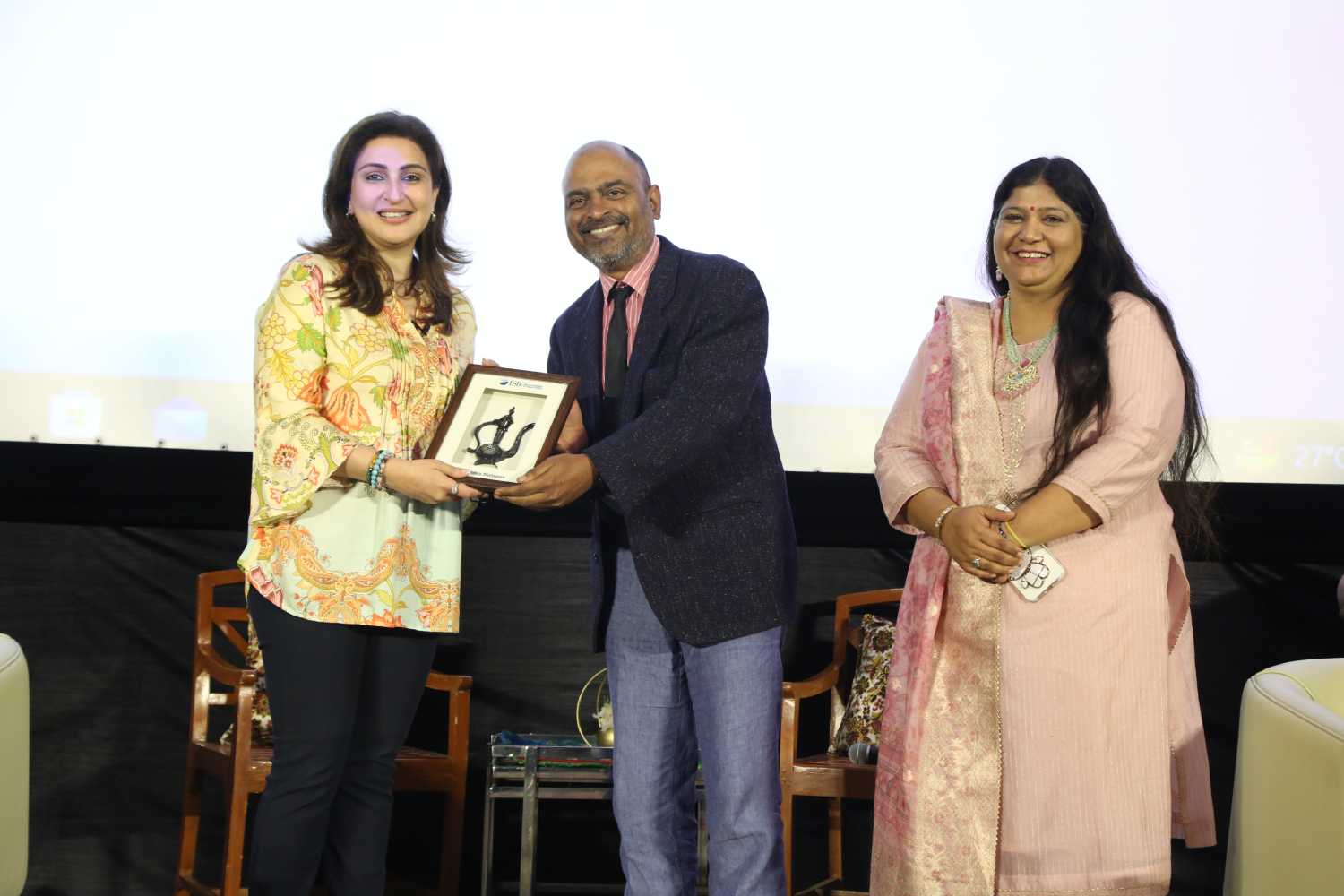
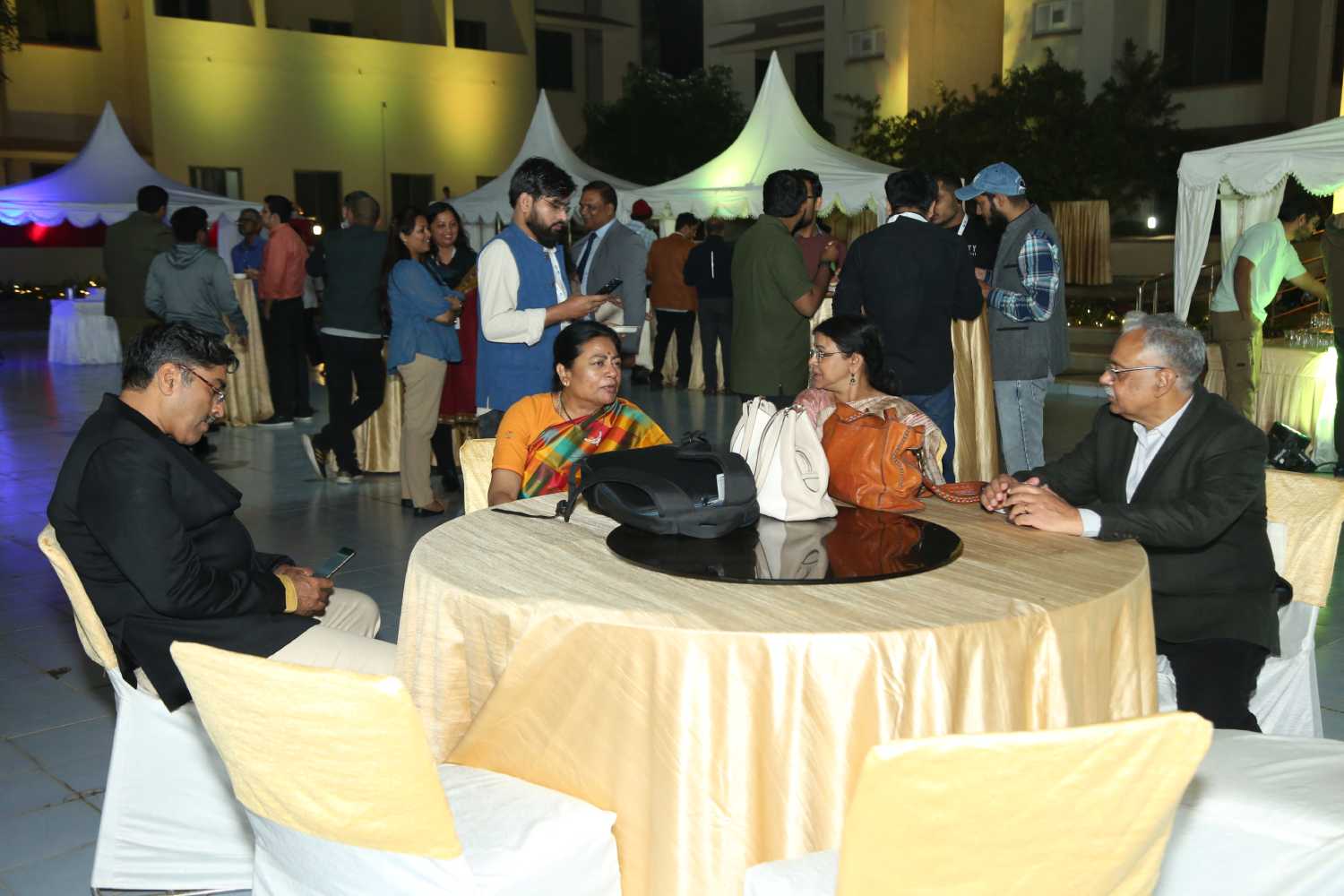
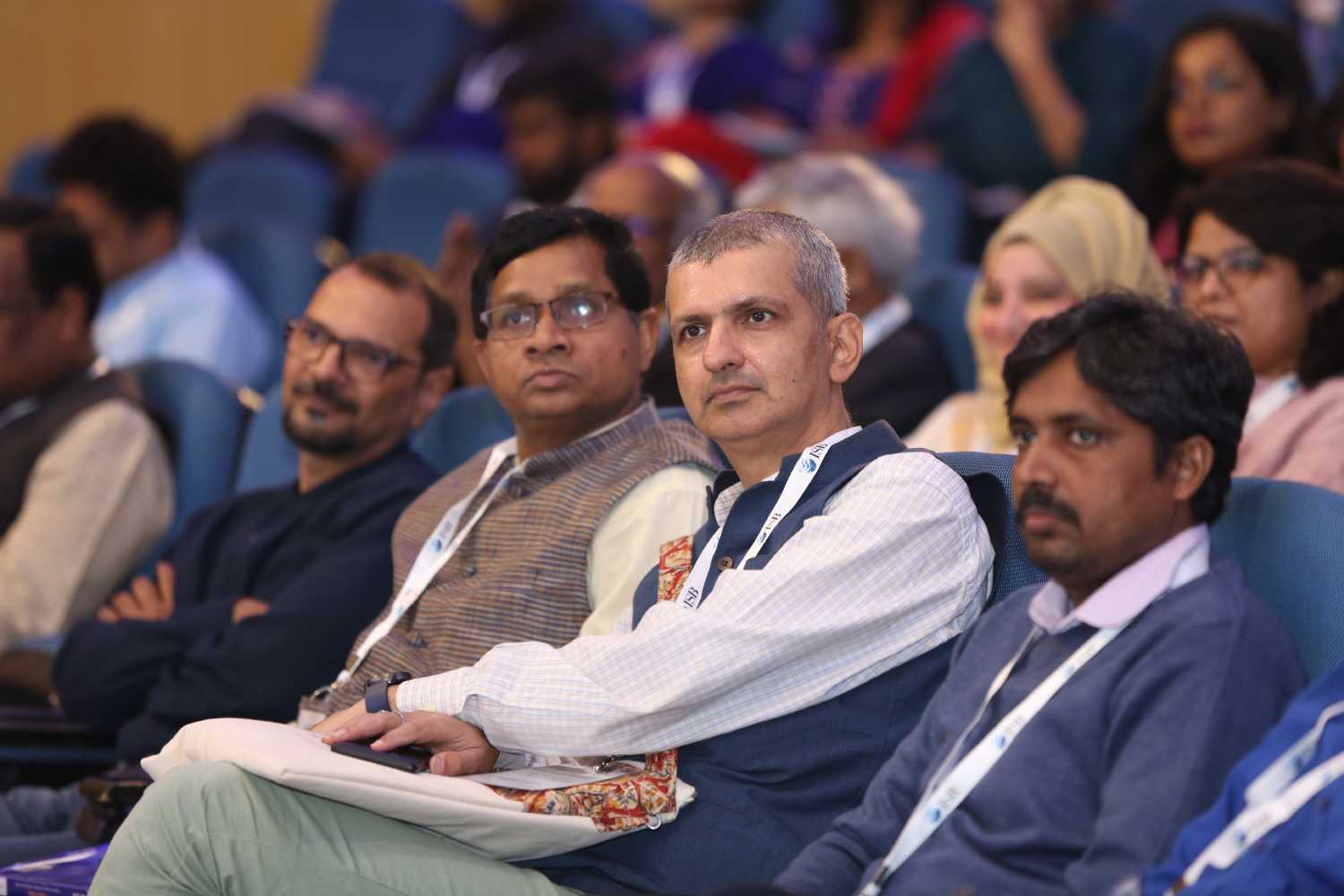
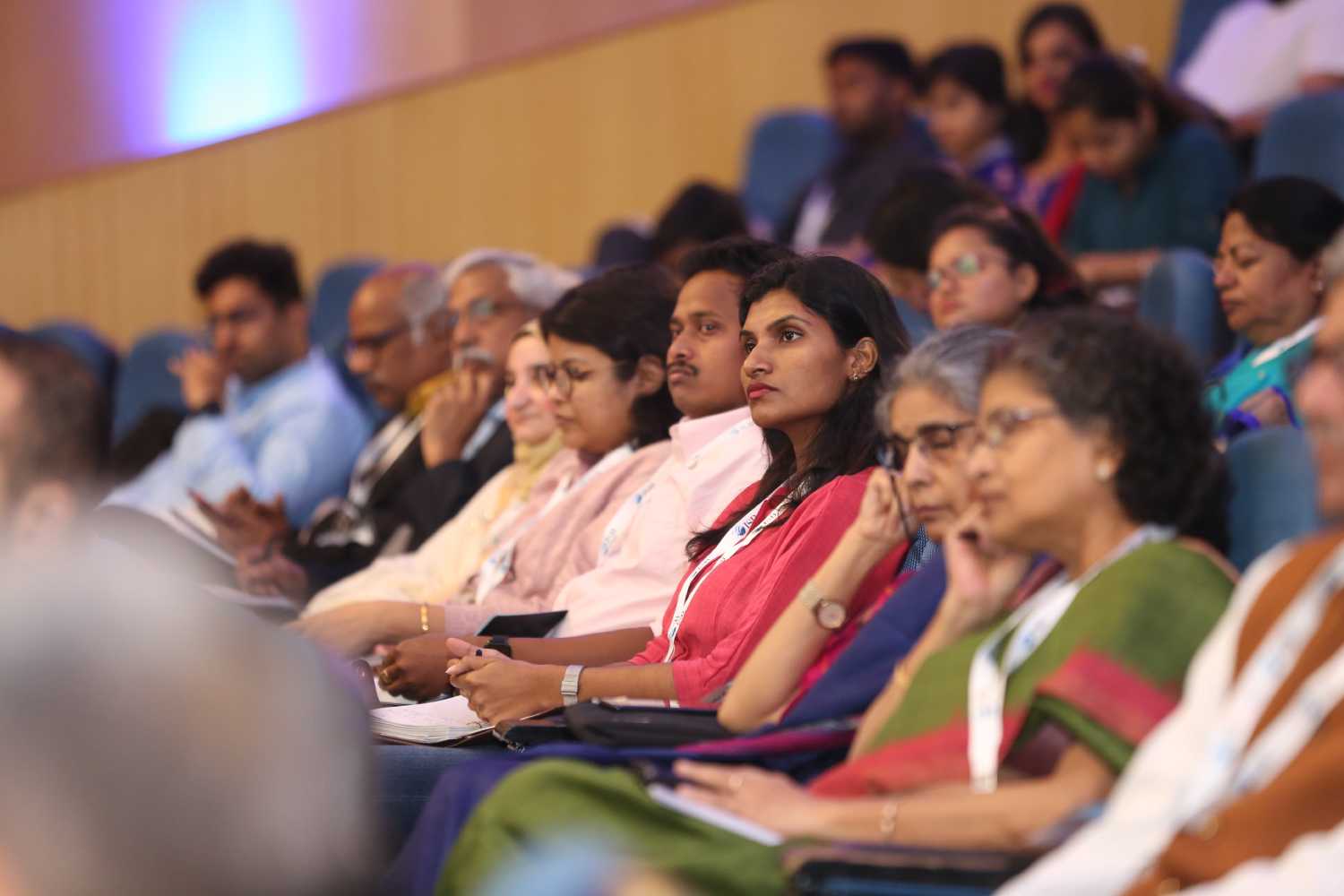
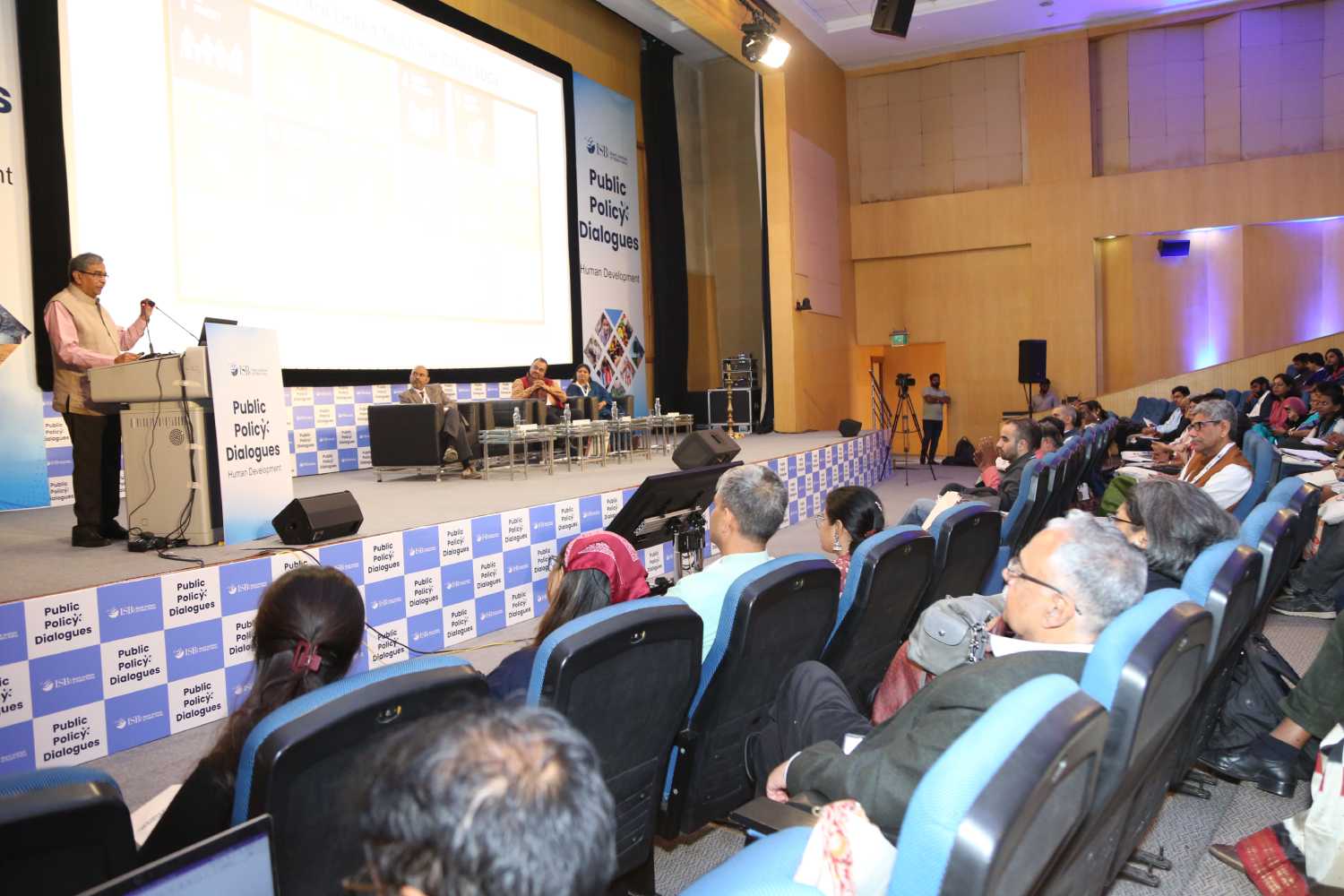
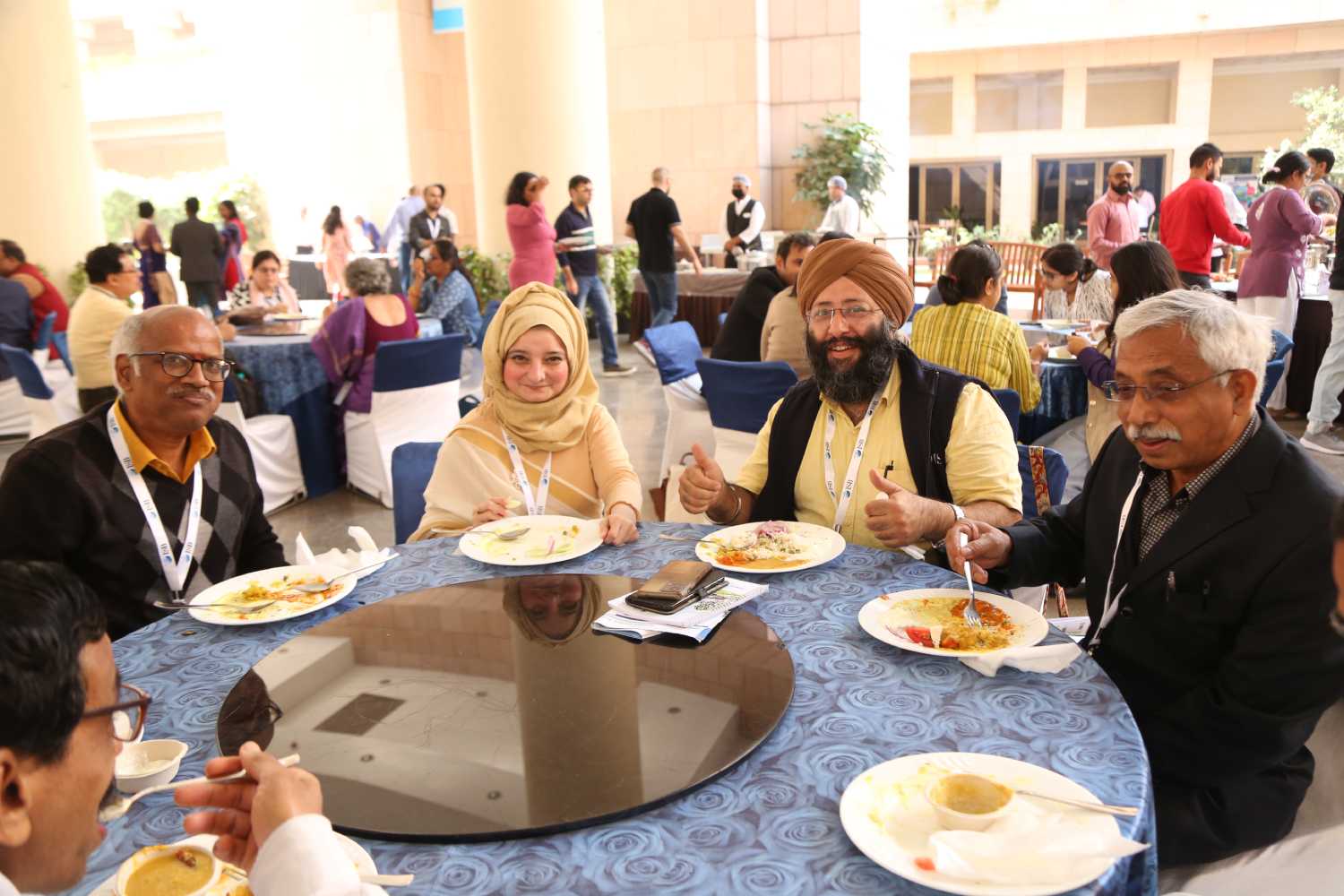
At the Inaugural Plenary, Dr Aarushi Jain, Policy Director, Bharti Institute of Public Policy, & Convenor, Public Policy Dialogues, extended a warm welcome to all the guests and introduced the theme and sub-themes of the Dialogues.
Addressing the congregation, Prof. Ashwini Chhatre, Executive Director, Bharti Institute of Public Policy, set the context of the conference. In his address, he shared two key motivations that underpinned the discussions to follow. He said, “The first motivation emphasises a deliberate shift- ‘back to basics’ by concentrating on human development rather than only sustainable development goals. As much as the sustainable development goals are valuable, they might be too many, and not all equally significant. I urge that we renew our emphasis on critical aspects such as learning outcomes in primary education, early childhood nutrition, and universal healthcare that lead to human development. The intention is to draw attention to unmet challenges, encouraging a serious consideration of human development issues”.
Laying emphasis on experiential knowledge, he said, “The second motivation centers around the wealth of practical knowledge that already exists. The challenge lies in translating this practical knowledge into effective policies. Together, these motivations underscore the need to prioritise human development concerns and leverage existing practical knowledge to inform and shape impactful public policies.”
Amarjeet Singh, Retd. IAS & Member, Public Enterprises Selection Board, delivered a special talk on ‘Human Development Perspective from India’ and highlighted the importance of public policy dialogues in understanding and crafting credible public systems. He said that the exploration of the six subthemes of human development is not solely for the sake of research but rather to gain insights into what contributes to the establishment of credible public systems. Sinha mentioned that six volumes of knowledge products will be generated to capture experiential learnings, subject them to rigorous academic scrutiny, and contribute to grassroots knowledge.
Delivering the keynote address, Padma Bhushan awardee Dr K Srinath Reddy, Honorary Distinguished Professor at the Public Health Foundation of India, used the analogy of a digital camera to stress that policymakers need to “zoom into the ground level while also keeping a panoramic view of the overall goals for development of a country”.
The second annual Public Policy Dialogues had six sub-themes: Improving Learning Outcomes in School; Institutional Challenges in Social Development; Healthcare for All; Climate Action and Justice; Livelihood Diversification and Skills; and Improved Nutritional Outcomes. A roundtable and a panel discussion each was organised for all the six sub-themes. Sessions on innovation sandbox presentation and research poster presentation were also held as part of the three-day event.
To keep the speakers, delegates, and participants enthralled in the evenings after deliberations on Human Development during the day, a qawwali night by Warsi Brothers, and a theatrical performance by the Ekjute Theatre Group led by actress Juhi Babbar Soni, followed by networking dinners were also held.
Over the course of three days, more than 300 people representing the social development sector, media, civil society, and academics, participated, and deliberated on innovations to drive change, both on stage and off it, ensuring that human development in India becomes a global success story.










International Learning Exchange on the theme of Radical Forest Futures
To empower voices from diverse communities and build collaborative relationships, the Bharti School of Public Policy organised the ‘International Learning Exchange 2023’ on the theme “Radical Forest Futures,” at Delhi University. This exchange, aimed at creating a dynamic multistakeholder platform, was co-created with the Policy and Development Advisory Group, Society for Rural, Urban and Tribal Initiative, Vasundhara, and the AJK Mass Communication Centre at Jamia Millia Islamia University. The gathering was a crucible of thought and action, addressing the urgent and complex issues of ‘Forest Conservation’ and ‘Climate Change’ through the lens of the Forest Rights Act of 2006. The event stood out for its interdisciplinary approach, attracting a mosaic of participants—community leaders, environmental activists, policymakers, journalists, academicians, and students — creating a melting pot of perspectives and expertise.
The event commenced with an informal setting, promoting equality and community harmony. Professor Ashwini Chhatre, opened the event, setting a tone of collaboration and shared learning. During the conclave, knowledge sharing sessions, discussions revolved around the empowerment that community forest titles bestowed upon local communities, particularly in terms of managing and commercially benefiting from forest resources. These discussions were not confined to Indian perspectives but also embraced perspectives from invitees representing countries such as Tanzania, Kenya, Indonesia, Nepal, Malaysia, Cameroon, and Brazil. The sessions also shed spotlight on women leadership within the Forest Rights Act framework. The Phoenix Talks featured a tapestry of human spirit and resilience, narrating stories of individuals who transcended societal and environmental challenges to emerge as catalysts of change. The Media Roundtable on Community Forest Rights was a critical element of the event, serving as a bridge between grassroots movements and broader public awareness. The roundtable highlighted the essential role of media in shaping public opinion and policy regarding forest rights and conservation.
The event was interspersed with a range of cultural activities that provided a glimpse into the combined heritage of global cultures and traditions. A Sufi music night and the “March of Diversity” were not just entertainment but symbolic representations of the unity and diversity inherent in the global fight for environmental conservation. The ‘Wish Tree’ installation, where participants shared their hopes and dreams, stood as a testament to the collective aspirations for a sustainable future.
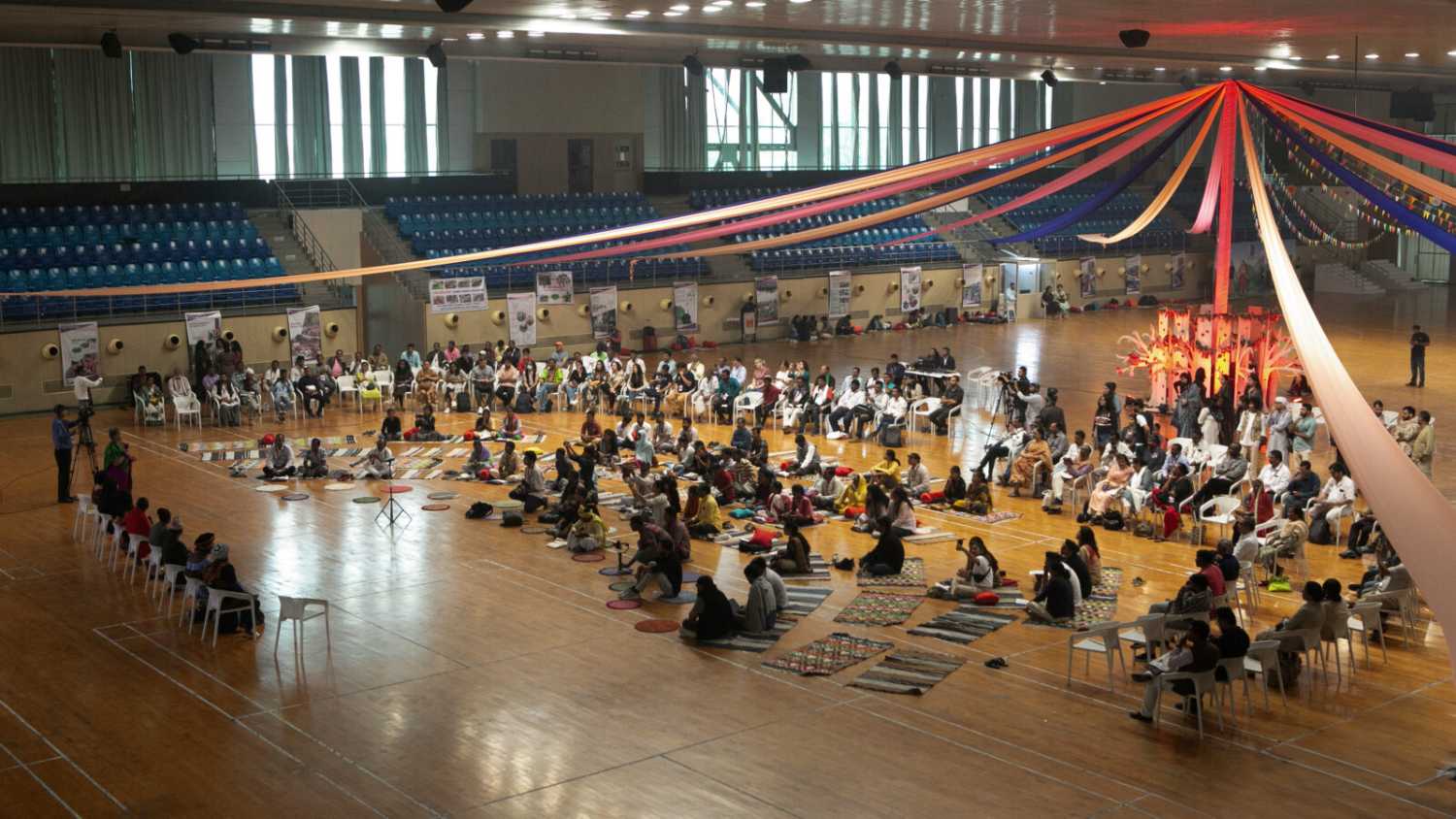
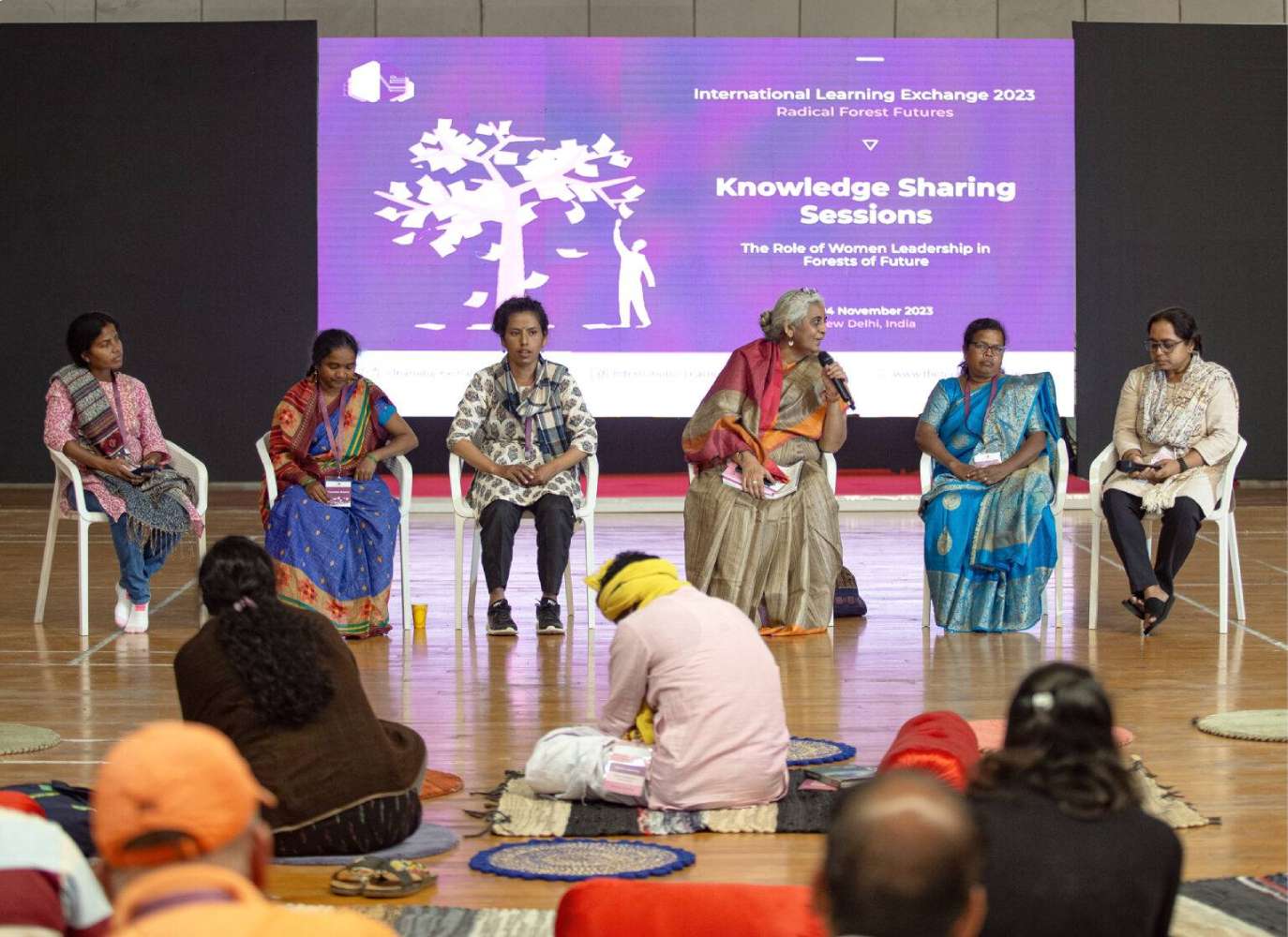
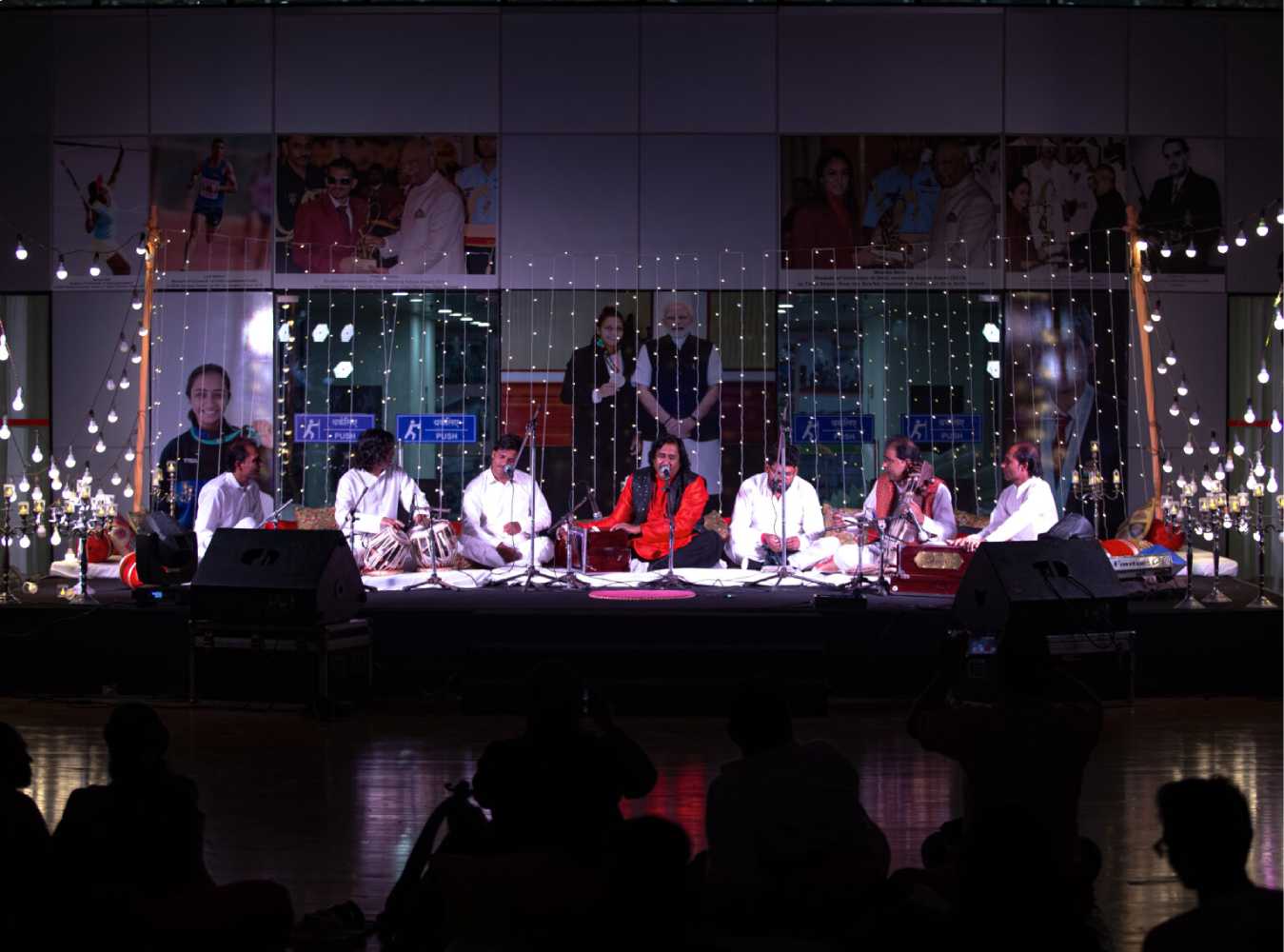
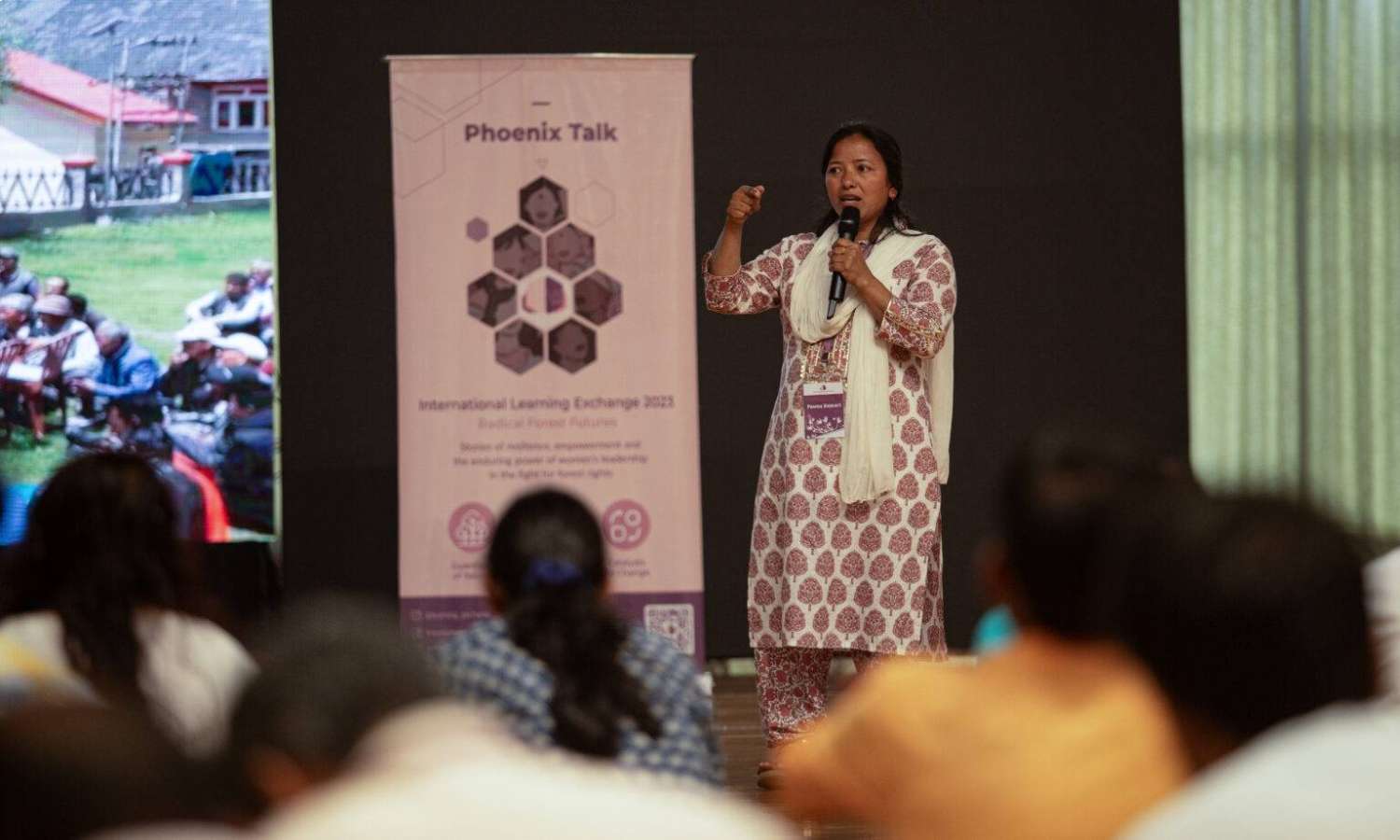
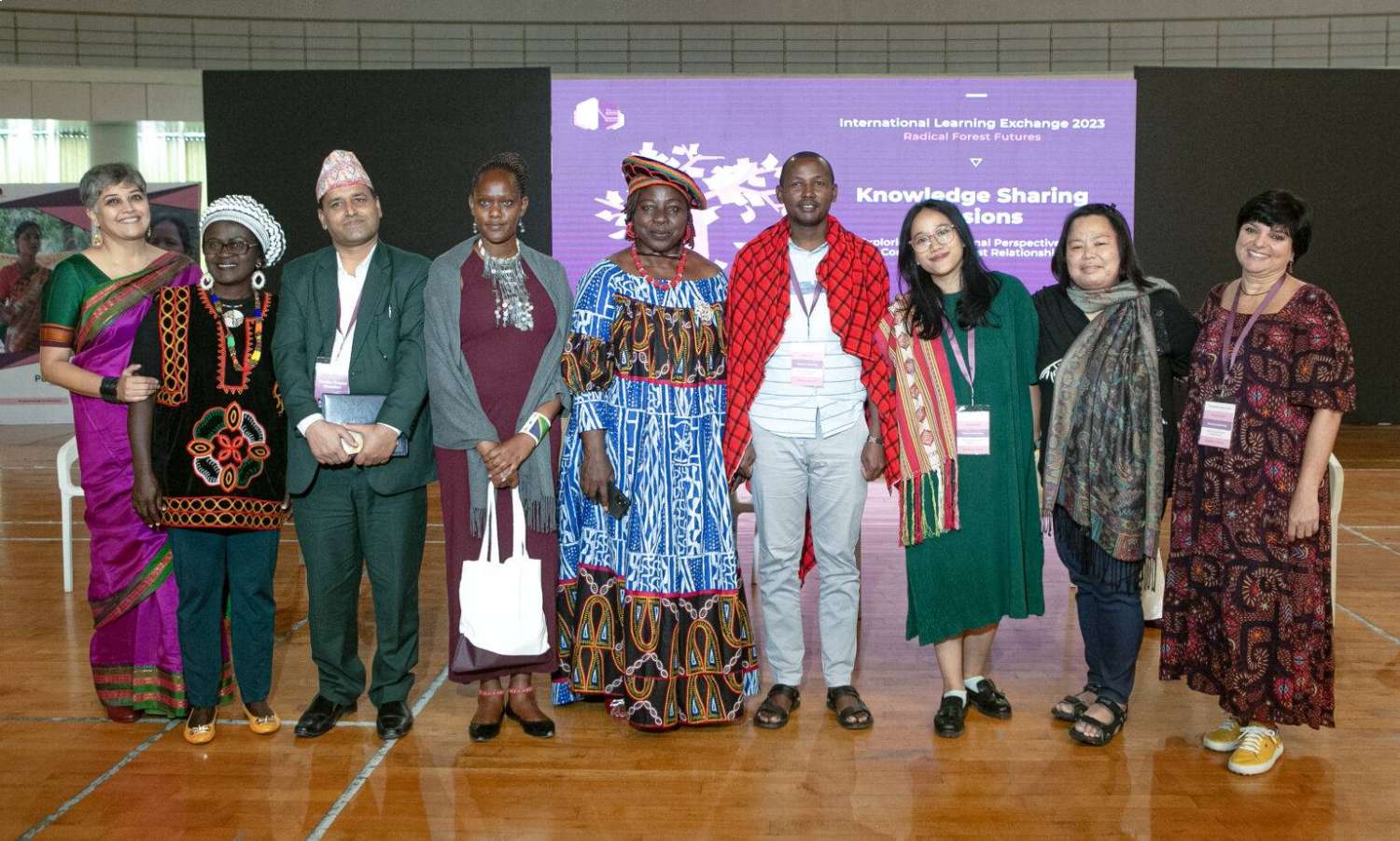
Launch of India Data Portal 2.0: A Paradigm Shift in Data Accessibility, Visualisation and Analysis
Bharti Institute of Public Policy launched the India Data Portal 2.0, a state-of the-art platform re-engineered to revolutionise data accessibility, analysis, and visualisation. The new portal is the outcome of an ambitious endeavour that becomes a part of an open-source ecosystem to promote evidenced based policymaking in the country. The India Data Portal’s one of its kind "Visualisations First Approach" empowers users to seamlessly access an extensive array of over 3,400 indicators. These indicators are drawn from a vast repository of ever-growing 120 datasets, spanning across 25 diverse domains, including but not limited to Climate and Weather, Commerce, Crime, Economy, Education, Financial Inclusion, Fisheries and Animal Husbandry, Food and Agriculture, Forestry and Wildlife, General, Government Schemes, Health, Nutrition, Rural Development, Socio Economic, Union Budget, and various others.
The India Data Portal 2.0 includes an innovative feature that allows users to upload their own datasets, ensuring privacy for their personal exploration and visualisation efforts. The portal has undergone significant technological enhancements, featuring scalable, and easily maintainable architecture, complemented with a network of micro-services.
To compliment this launch, IDP hosted a panel discussion on the “Evolution of Open Data” and the panellists were Prerna Mukharya, Founder, Outline India, Rahul Bhandari (IAS), Rakesh Dubbudu, Founder and CEO, Factly, and Srinivas Kodali, Independent Researcher. The session was moderated by Professor Ashwini Chhatre.
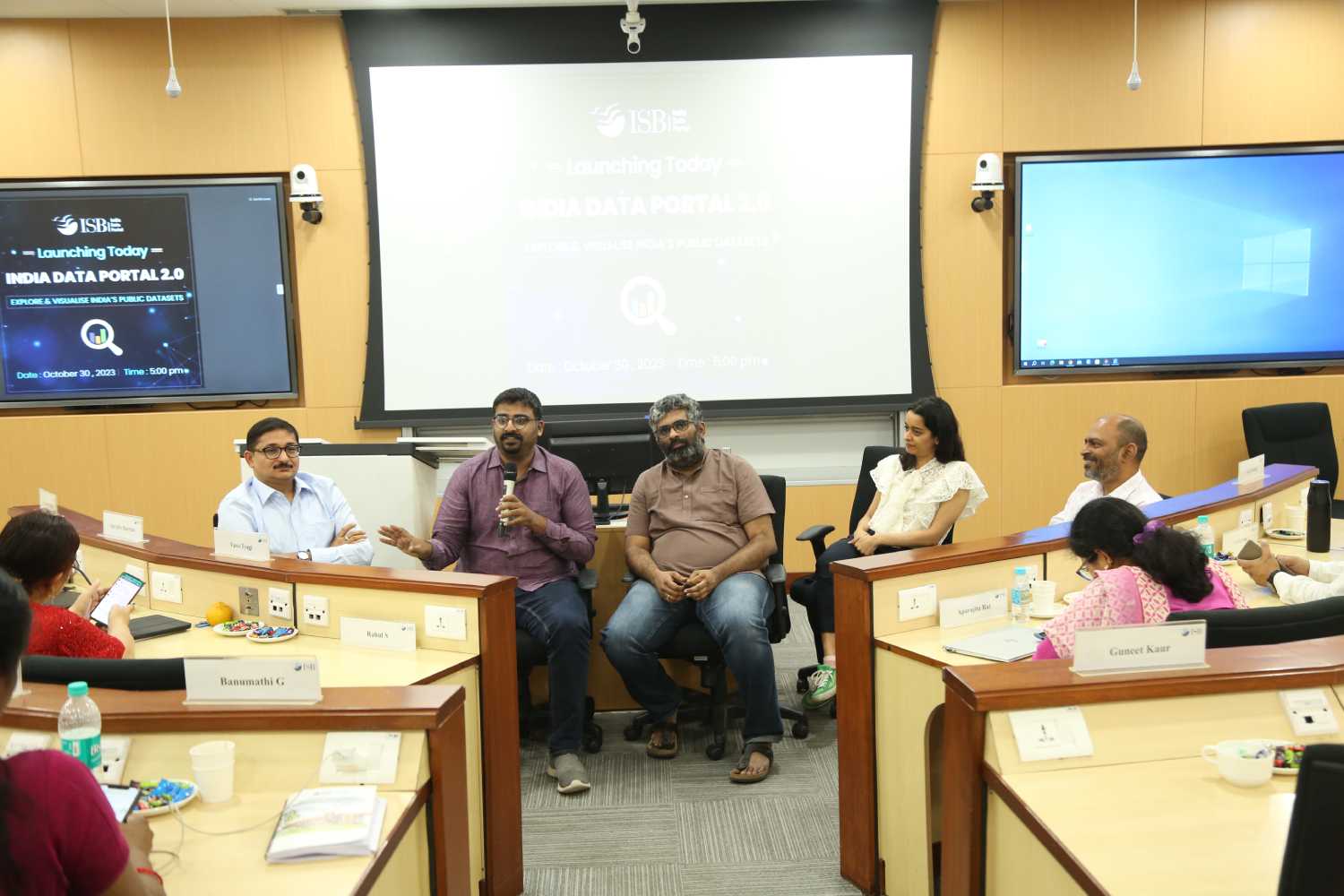
EDUCATION
Advanced Management Programme in Public Policy (AMPPP)
The second residency of the Cohort 2023-24 of the Advanced Management Programme in Public Policy was held from 22nd -31st October 2023 at the Hyderabad campus of the Indian Business School.
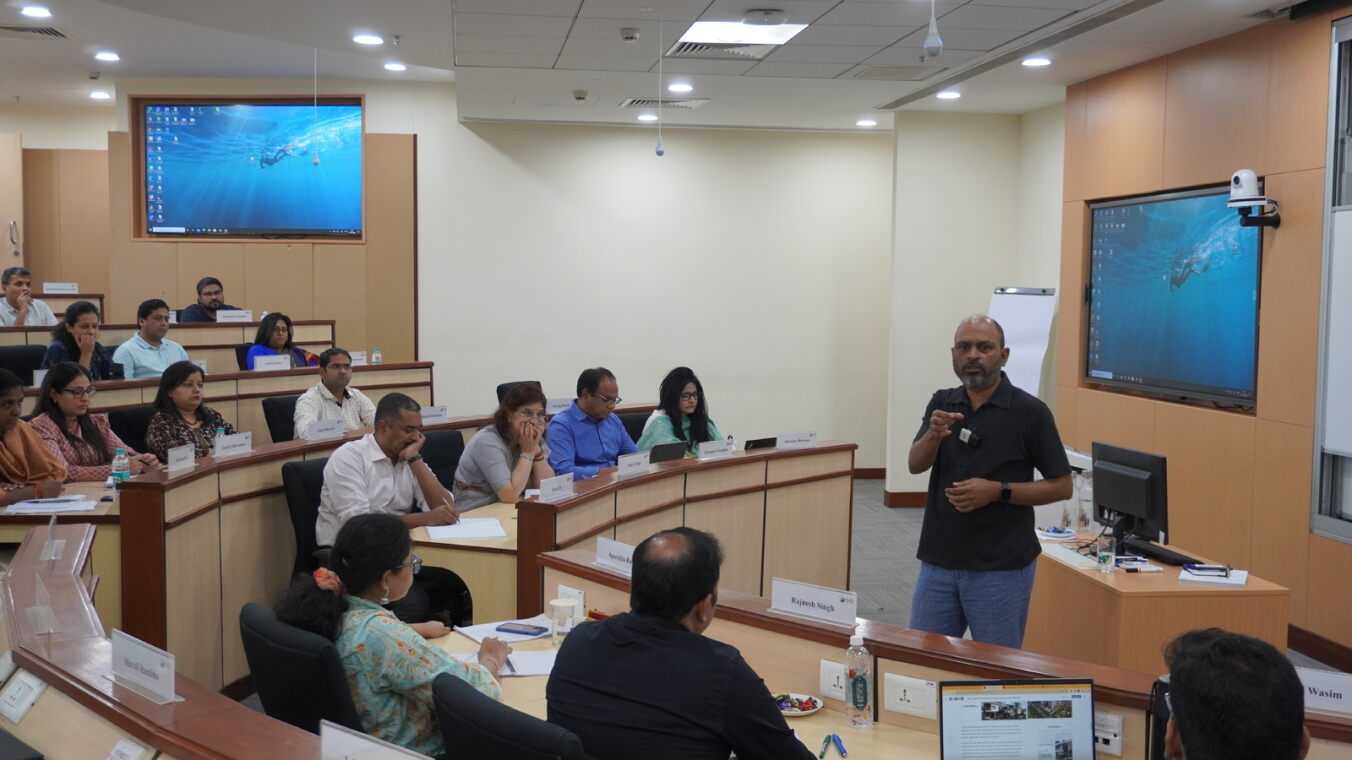
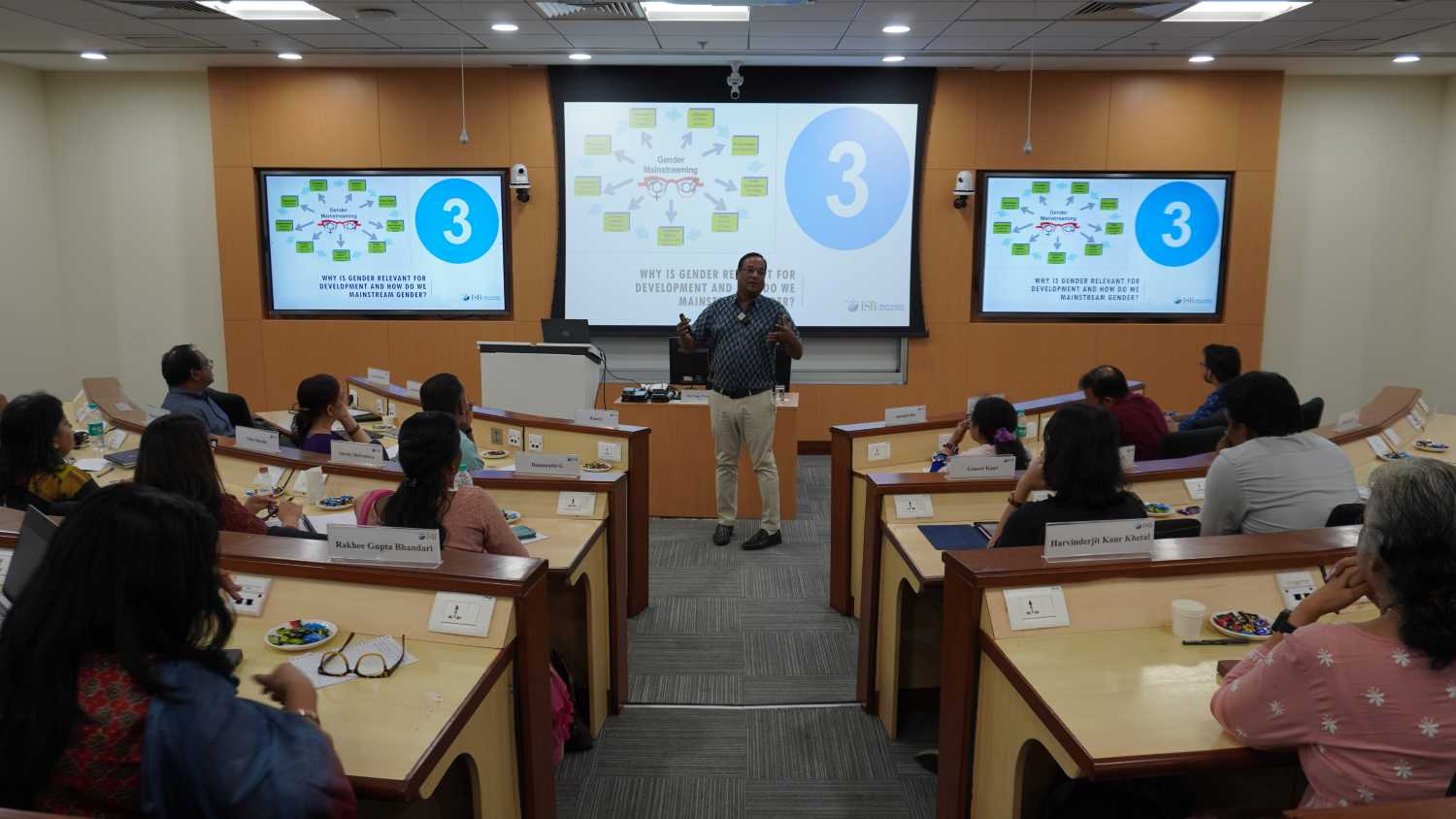
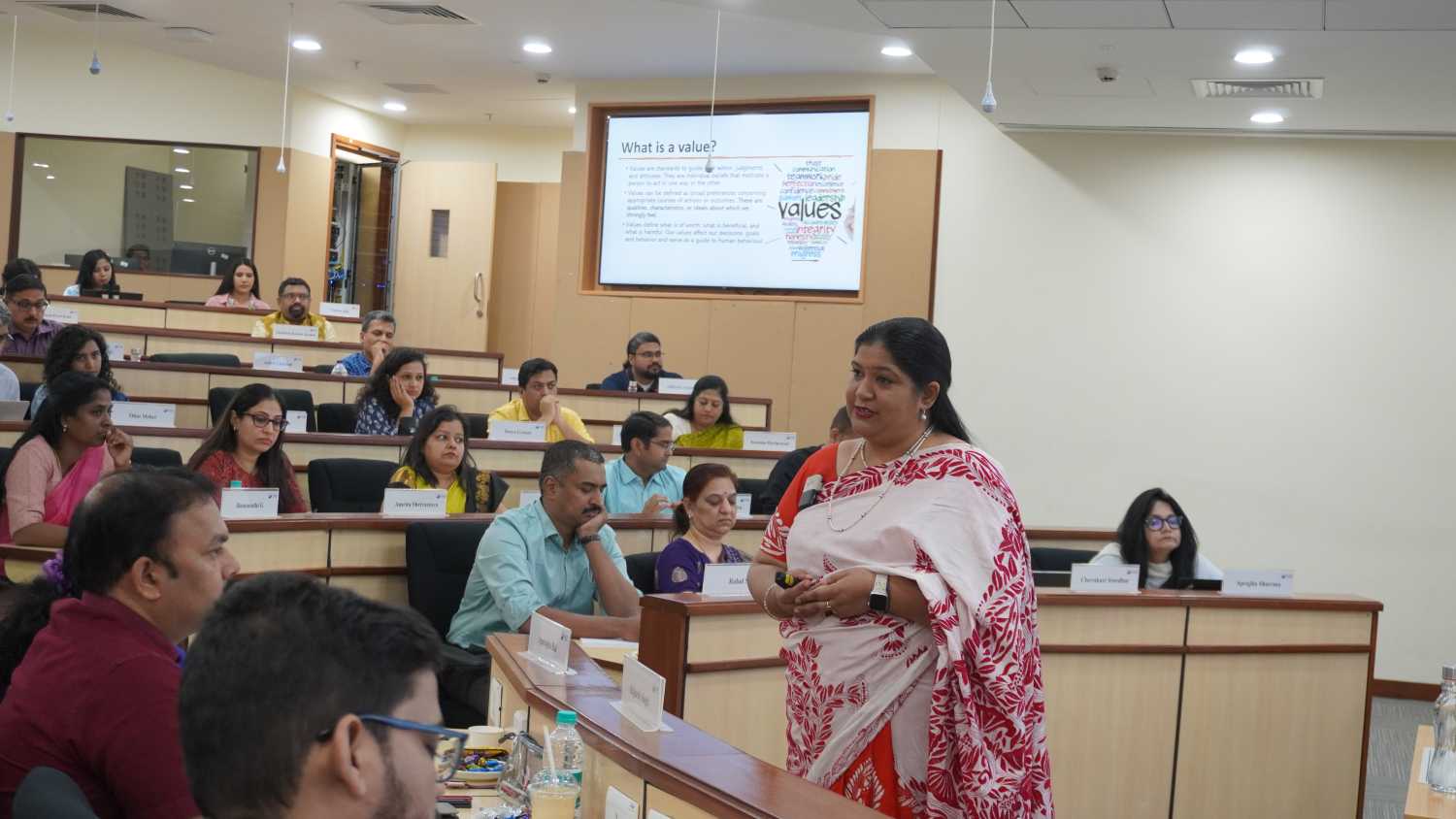
The residency included the following guest sessions:
- A special session on ‘Breaking Barriers: Gender Inclusivity in Public Policy’. Guest speakers for this session were Tashi Choedup, founding member of Telangana Hijra Intersex Transgender Samiti, and Queer Swabhimana Yatra and Shikha Goel, IPS, ADGP, Women Safety Wing, Telangana State Police.
- An Alumni Panel Discussion on “Public Policy and Governance” focussing on ‘Emerging Facets’. The panellists were Dr Abhishek Jain, Secretary (Home, Information Technology, Finance, Planning and Statistics, Labour, and Employment) and Secretary to CM, Government of Himachal Pradesh; Colonel Anurag Awasthi, Vice President, India Electronics and Semiconductor Association & Interim CEO of Electropreneur Park, Delhi, and Dr Pankaj Sharma, independent consultant to the government. • Neetu K, Leading Communication & Policy Advocacy in South Asia, Management Member- Inter IKEA Group presented a case study on IKEA and walked the participants through the remarkable journey of the global furniture giant.
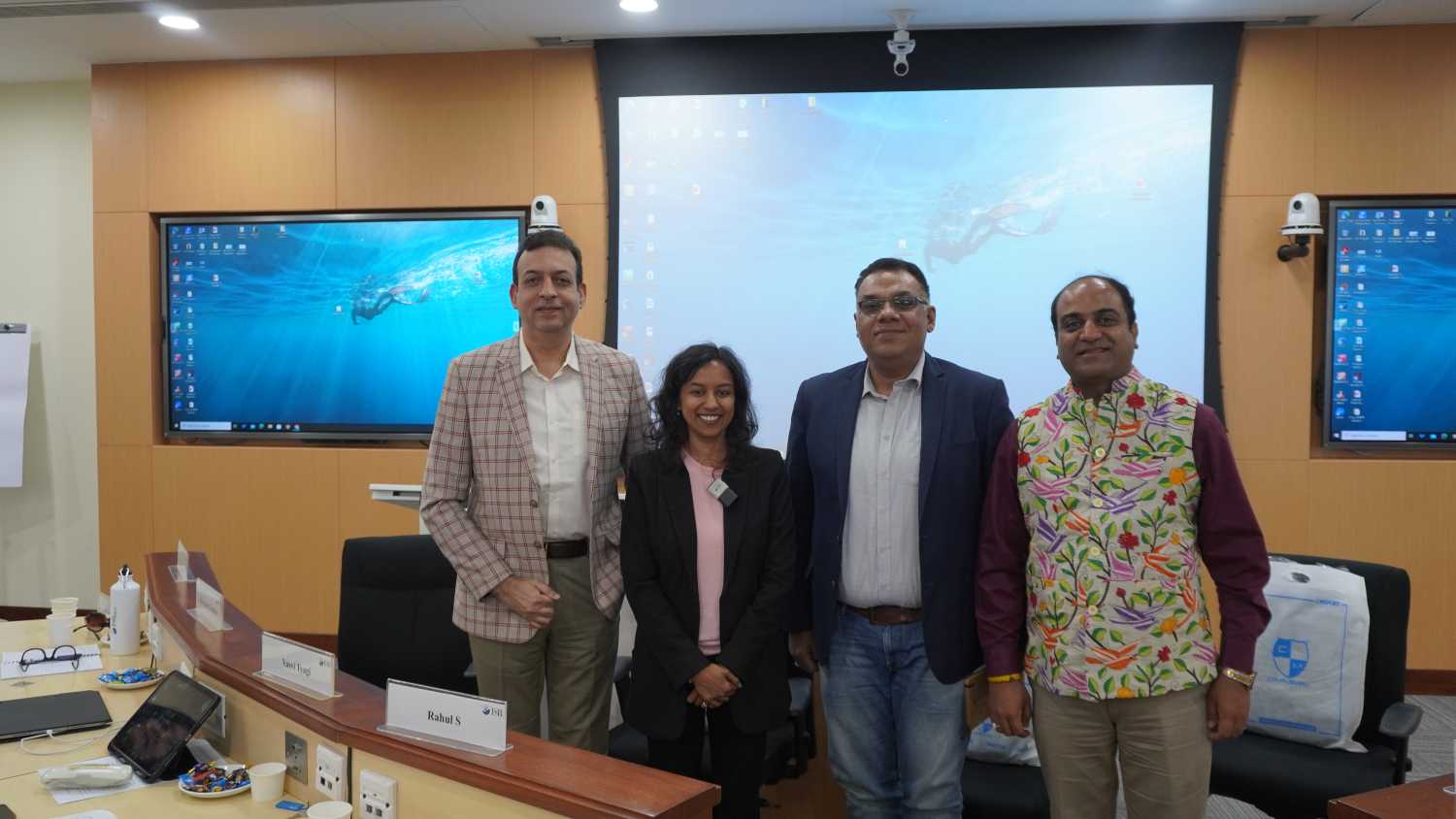
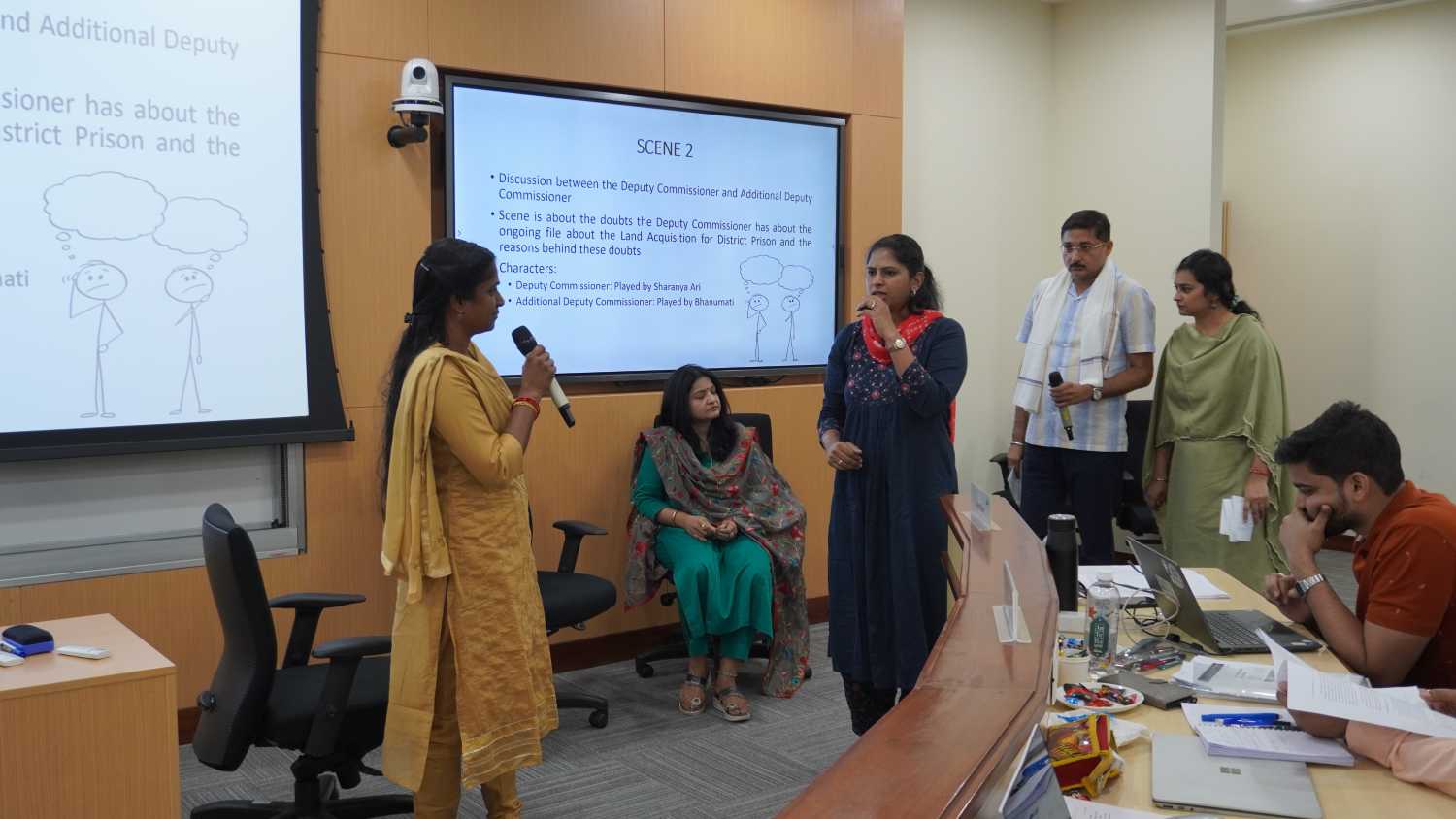
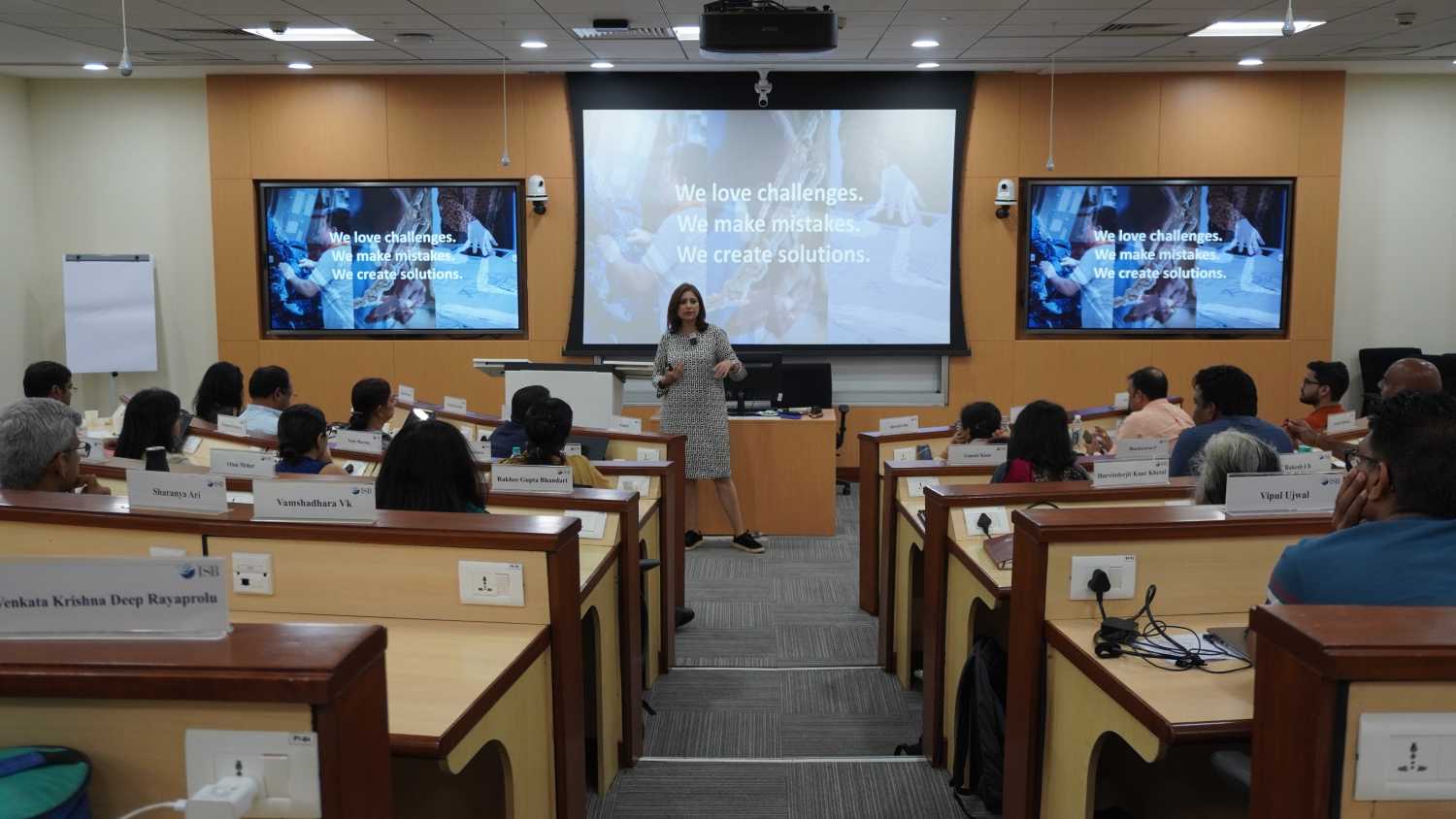
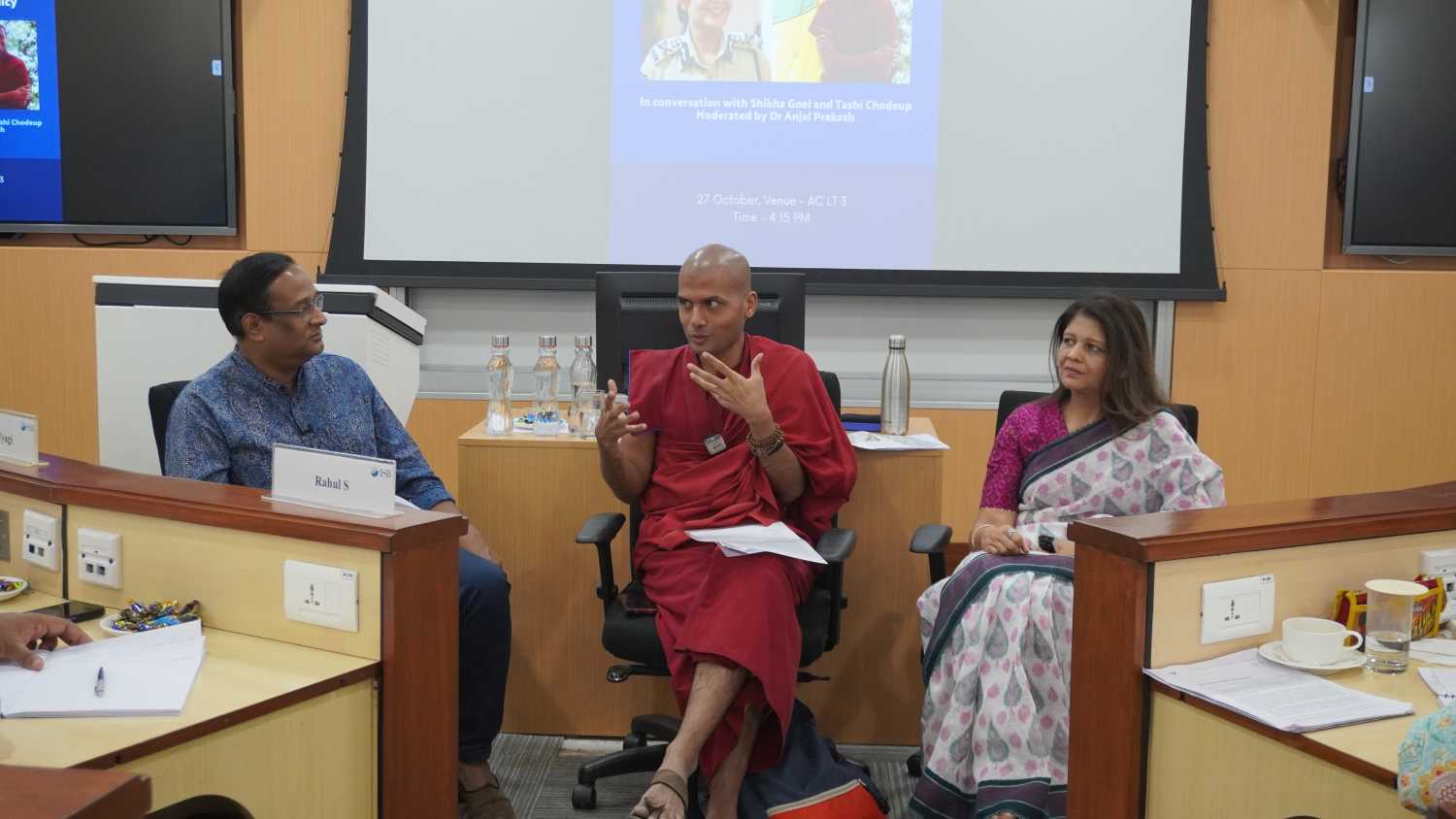
T HUB Visit
The participants of the AMPPP Cohort 2023-24 visited the T-Hub, a renowned innovation hub and ecosystem facilitator located in Hyderabad as part of the residency. The participants engaged in discussions on T-Hub's management structure and the metrics of success regarding its endeavours in nurturing new ventures. During the visit, Srinivas Taluka, Vice-President of Facilities at T-Hub, provided an overview of the organisation's objectives and its dedication to bridging the gap between entrepreneurs and the academia.
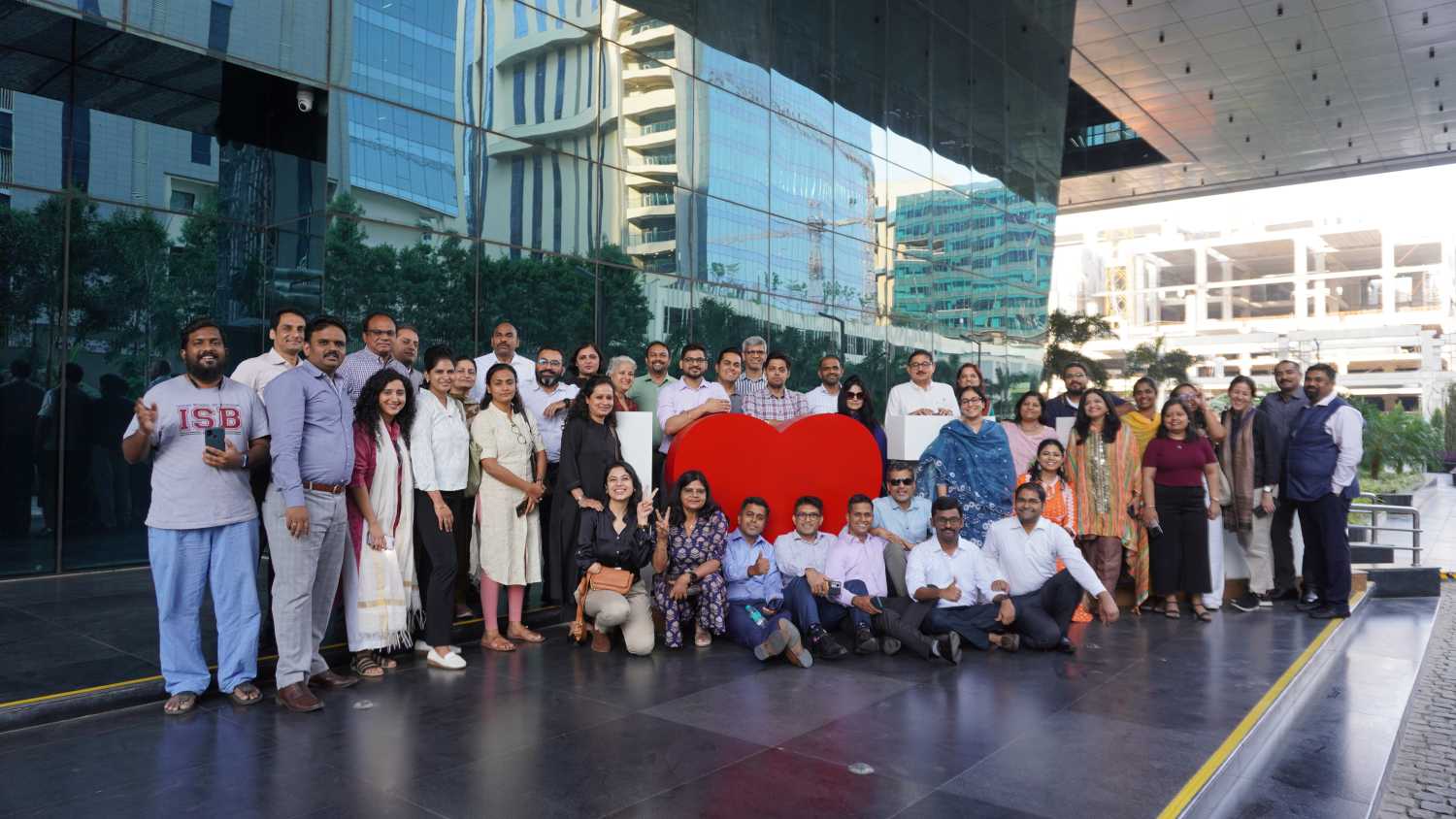
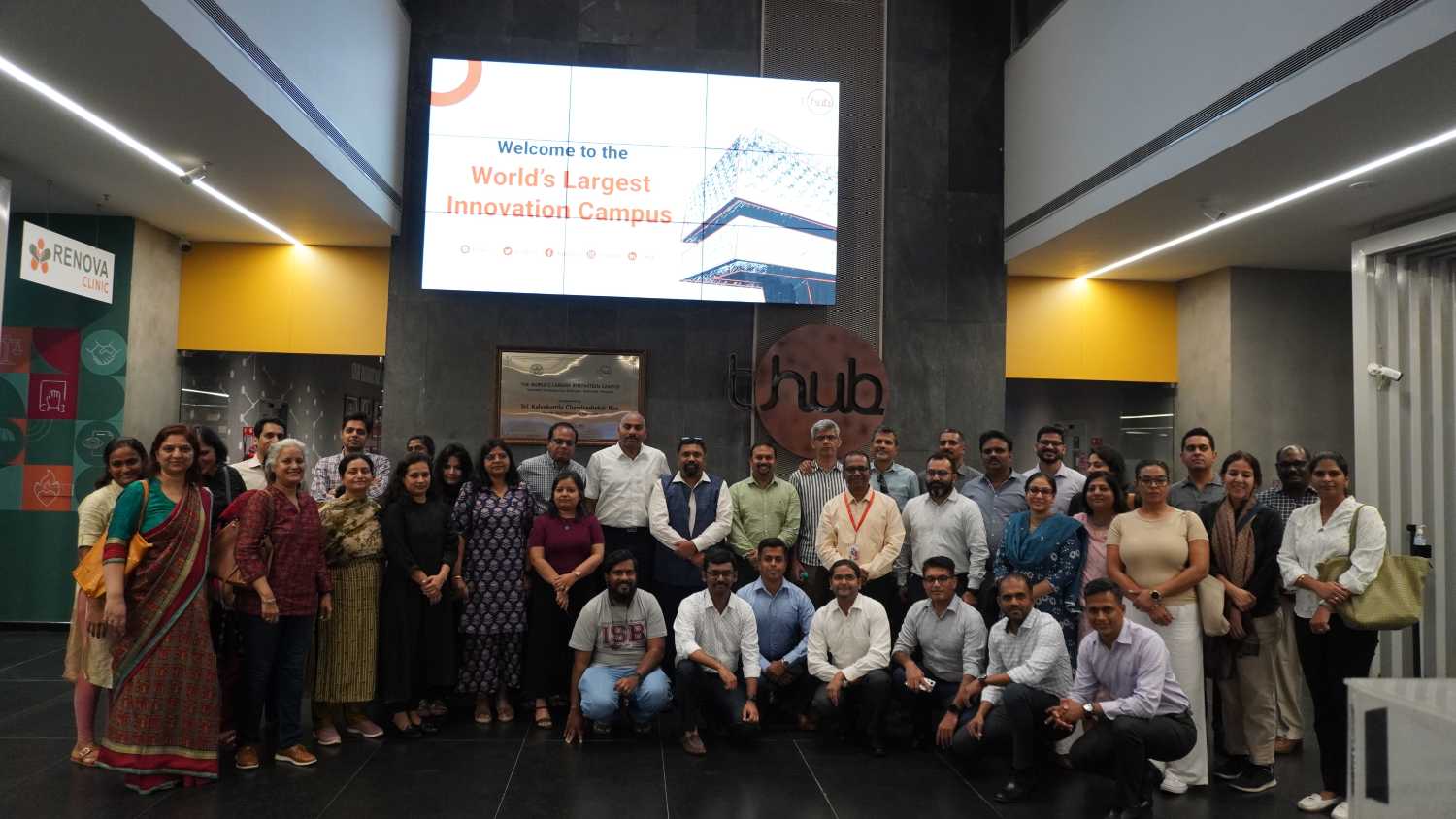
A gala dinner reception was also organised for the participants of the cohort at the Hyderabad campus. The informal setting provided a platform for the AMPPP participants to engage with each other to foster meaningful connections and conversations outside the lecture theatres.
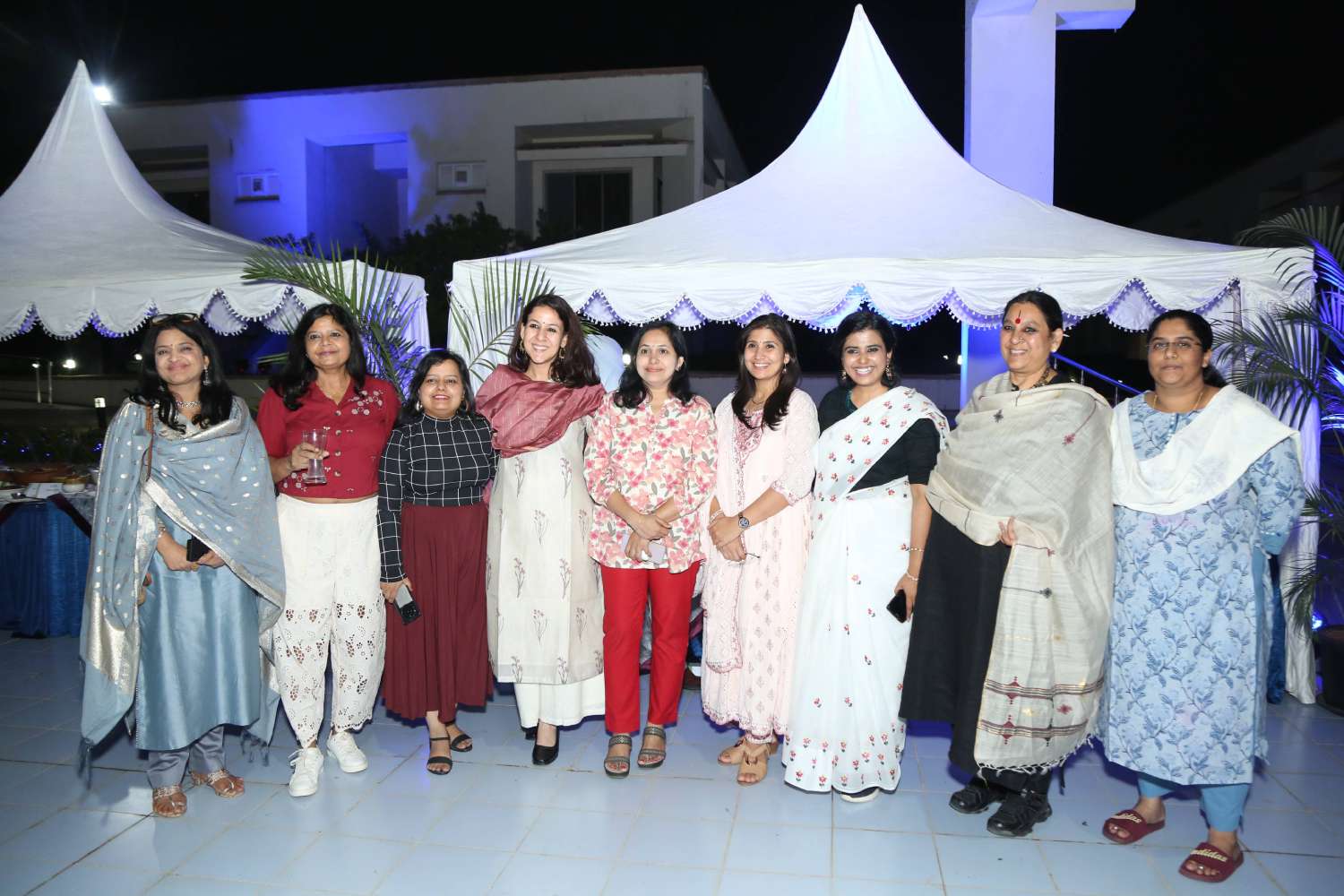
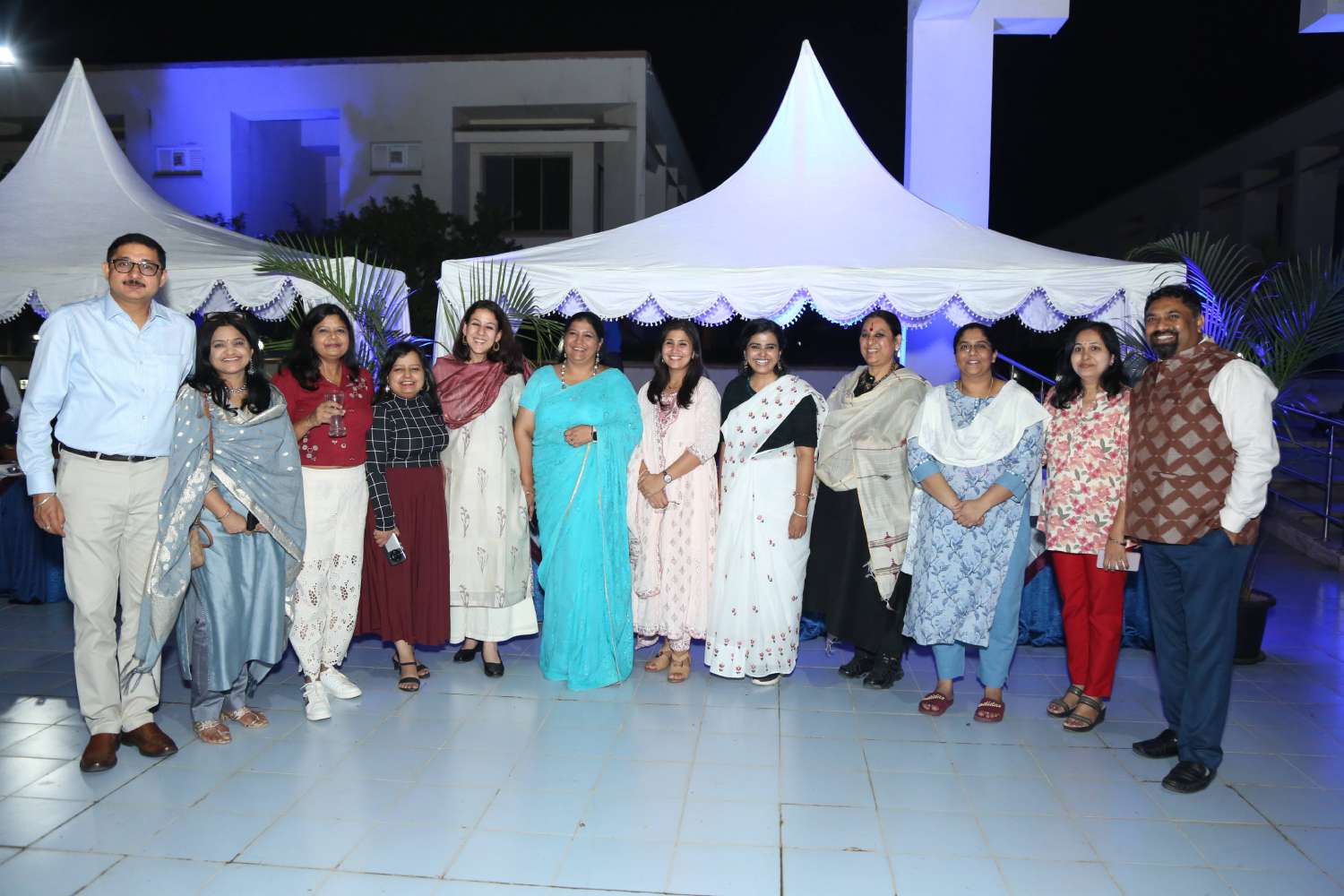
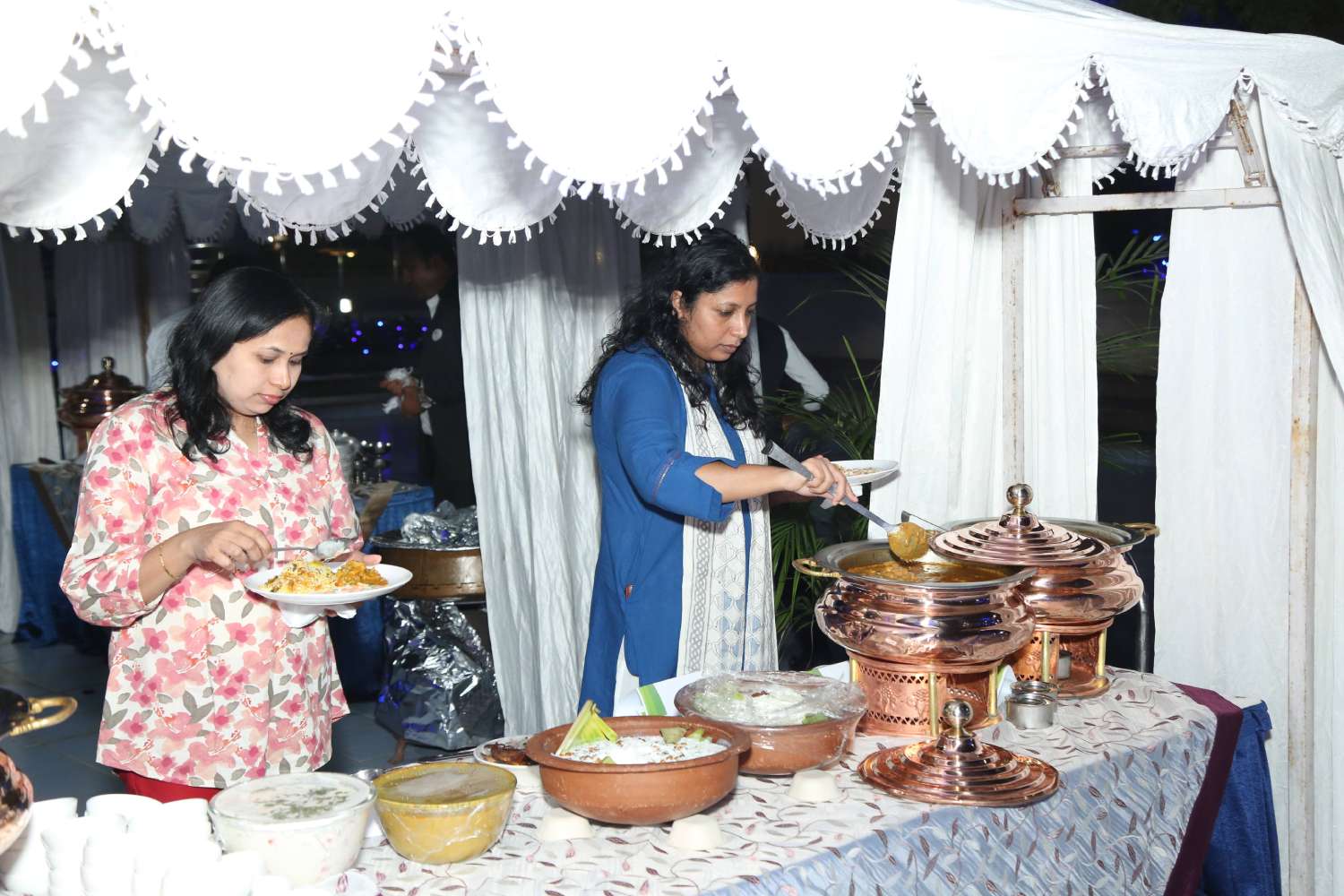
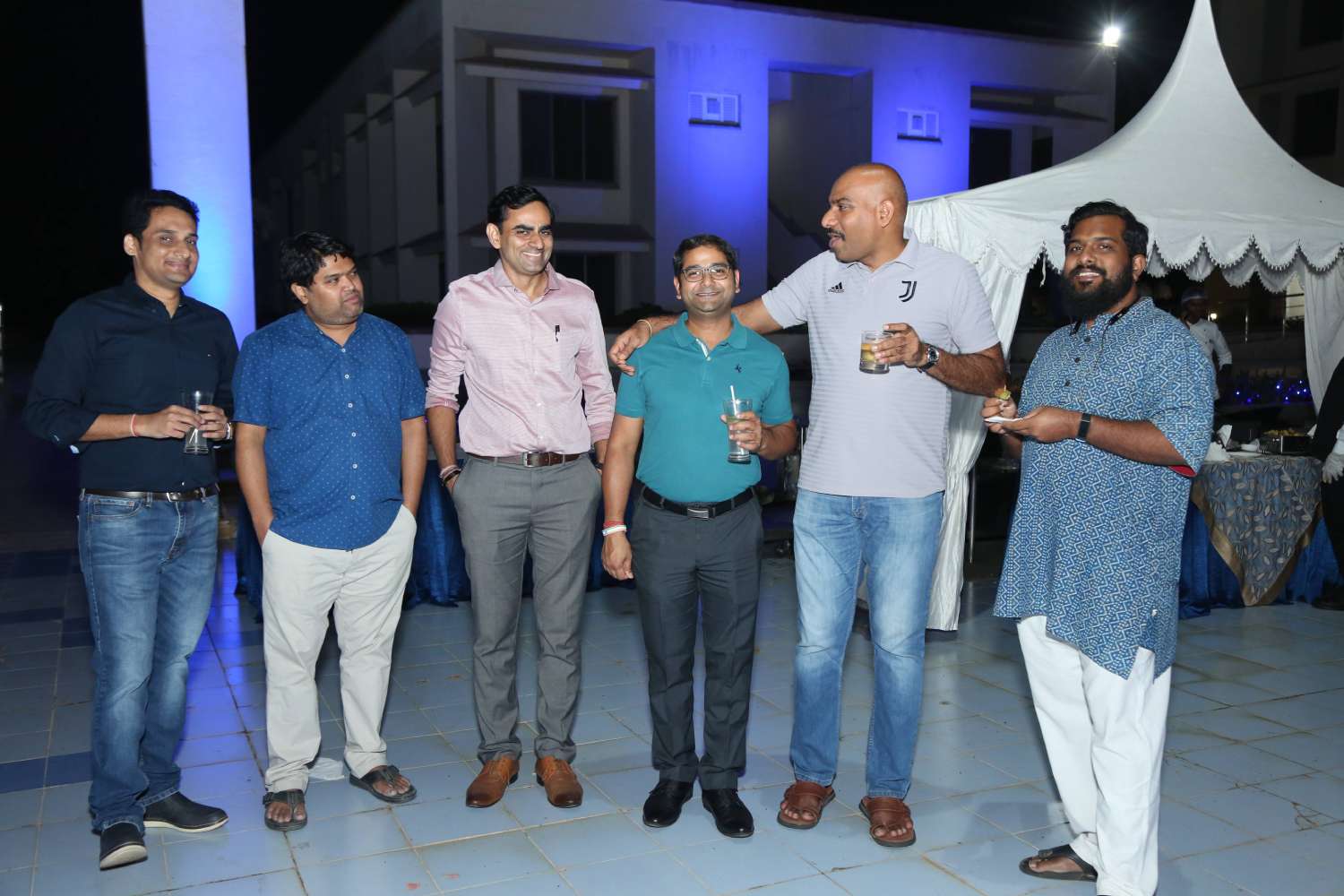
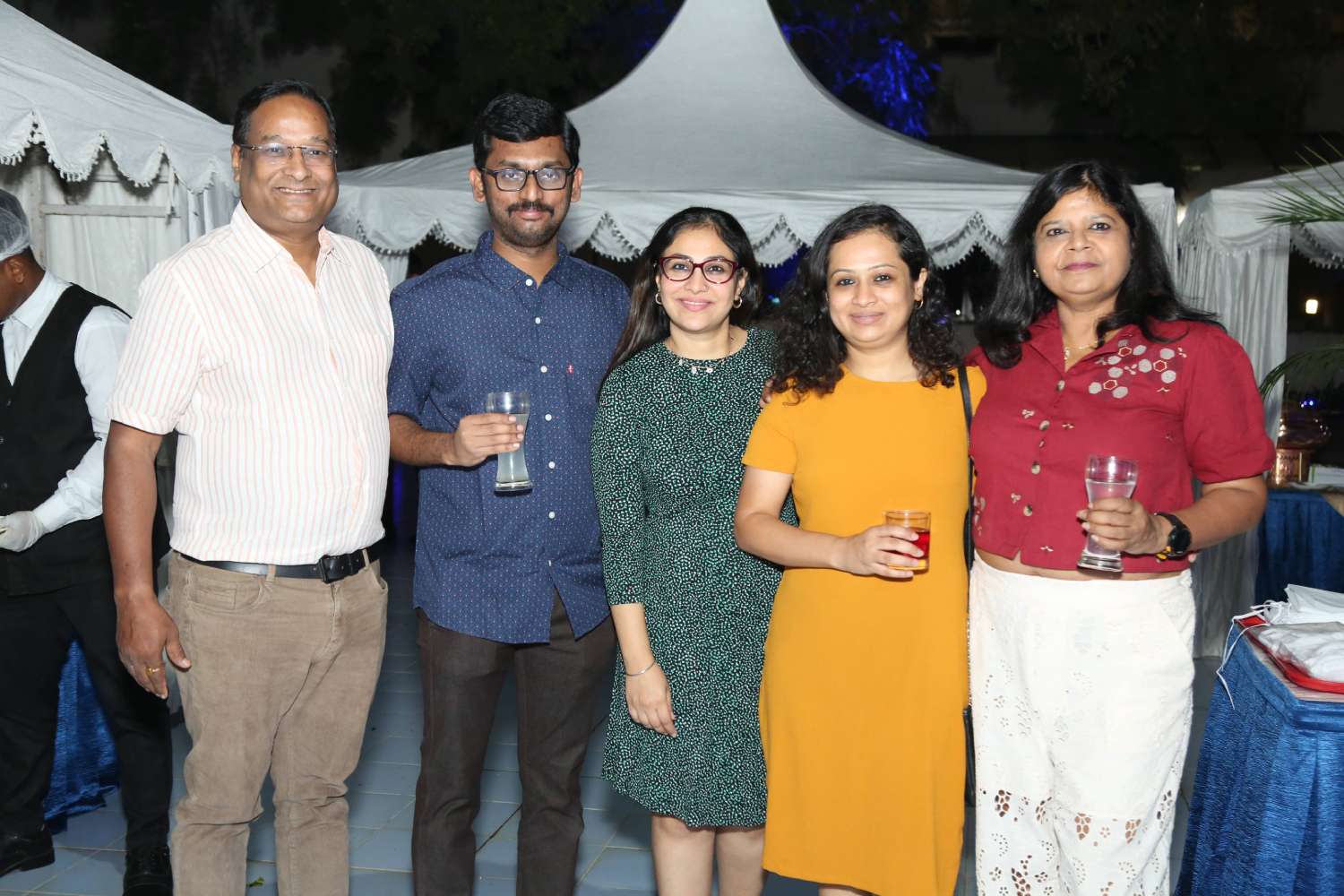
Updates on Government Engagements
UPDATES ON EXISTING PROJECTS
Outreach Activities
Policy Outreach: Policy Talks, an initiative of ISB Studios in association with the Bharti Institute is a unique videocast series, aimed at enabling viewers to gain perspective on the nuances of policymaking in India. After receiving an overwhelming response for Season 1, Season 2 of Policy Talks was recently launched. Watch the teaser here:
Policy Talks S2E1: Who owns your data? Aadhaar’s ex-Mission Director speaks on public policy & tech |In the first episode of Policy Talks Season 2, R S Sharma, former Mission Director, UIDAI, speaks with Prof. Ashwini Chhatre, Executive Director, Bharti Institute of Public Policy, Indian School of Business. He discusses the importance of data ownership, the principles of inclusivity, and the scalability of ideas.
Policy Talks S2E2: How to use open data in public policy: 'Balance privacy & development' | NASSCOM VP's insights | In this episode of Policy Talks, Ashish Aggarwal, Vice President, and Head of Public Policy, NASSCOM, is in conversation with Anjal Prakash, Clinical Associate Professor (Research), and Research Director, Bharti Institute of Public Policy, Indian School of Business. He discusses the role of the government in ensuring privacy of consumers, while using data for development in the backdrop of the recent COVID-19 pandemic.
Policy Talks S2E3: In richest nations, most kids go to govt. Schools, but in India…’: Top Economist on Social Policy | In this episode of Policy Talks, Prof. A K Shiva Kumar, Development Economist and a visiting professor at ISB & Harvard Kennedy School is in conversation with Dr Aarushi Jain, Policy Director, Bharti Institute of Public Policy, Indian School of Business. He lays out a post-pandemic social policy roadmap for India and speaks specifically on commitments of welfare states in key sectors like healthcare and education.
EVENTS
THOUGHT LEADERSHIP
- Prof. Ashwini Chhatre, Executive Director, Bharti Institute of Public Policy, participated in a panel discussion held at the International Convention on Millets 2023. The session, titled “Circular Economy and Sustainability”, featured distinguished panellists, including Dr Sonal Choudhary from York University, Dr Jayahari from the World Resources Institute (FOLU), Dr Manoj Dora from Anglia Ruskin University (UK), and Dr Swati Nayak from IRRI.

- Prof. Ashwini Chhatre, Abhijeet Parmar, Lead, Technology and Research Partnerships; Sandip Chowdhury, National Coordinator, Initiative on the Forest Economy; Apurva Duddu, Doctoral Fellow at Yale University, and Shivani Gupta, participant of FPM programme at ISB, participated and presented research papers in FLARE (Forests & Livelihoods: Assessment, Research and Engagement) conference held in Nairobi, Kenya. The ISB team also conducted a workshop on ‘Working with FLARE’s CommFor Tool to Address Local to Global Challenges,’ where they presented the mobile application being developed by the ISB, as a tool to move from data collection to data capture.
- Prof. Anjal Prakash, Clinical Associate Professor (Research), and Research Director, Bharti Institute of Public Policy, Indian School of Business, participated in The India Climate Dialogues on ‘The nexus of public health, air pollution and climate change’, hosted by the City Climate Alliance in collaboration with Asar and National Institute of Urban Affairs (NIUA), Ministry of Housing and Urban Affairs.
- ‘Engendering Climate Change: Learnings from South Asia,’ a book coedited by Anjal Prakash, Clinical Associate Professor (Research), Bharti Institute of Public Policy, with Asha Hans, Nitya Rao, and Amrita Patel has been selected by Routledge as part of ten essential books on climate change.

Research Publication & Blogs
- A study co-authored by Ashwini Chhatre titled 'Community Forest Governance and Synergies between Carbon, Biodiversity, and Livelihoods’ was published in the journal Nature Climate Change. The analysis demonstrates that the formal involvement of local communities in forest management leads to positive outcomes on multiple dimensions.
- A research paper, titled ‘Abstruse Characteristics of People Participation: An Analysis of the Smart City Campaign Over myGov Platform in India,’ by Dr Sharique Hassan Manazir, has been published in the International Journal of Public Administration, Routledge Publications.
- Dr Sharique Hassan Manazir, Senior Manager (Trainings), Bharti Institute of Public Policy, published a research paper, titled ‘Reimagining public policy formulation and analysis: a comprehensive theoretical framework for public policy,’ in the Discover Series, Springer Nature.
- Bharti Institute has published over 15 blogs contributed by researchers, public policy practitioners, alumni, and academicians on a variety of topics. The research team of the Institute is also contributing write-ups and blogs for the HIM Data portal.
BHARTI INSTITUTE IN NEWS
- Bharti Institute of Public Policy, in its report on “Analysis of School Education Quality in Goa”, suggested ways in which the quality of education can be improved in all the government-run schools in the state. The report was presented to the Hon’ble Chief Minister of Goa, Shri Pramod Sawant. Read here.
- Bharti Institute of Public Policy, in association with the Government of Meghalaya, successfully conducted the third fully residential public policy workshop for Members of the Legislative Assembly (MLAs) from Meghalaya at the Hyderabad campus. Read the news in Times of India I Newstap
- The Public Policy Workshop for Meghalaya Legislators was also marked by the launch of the Meghalaya data portal. Read here I BatesiTV
- Bharti Institute of Public Policy in its efforts to support the government’s policy formulation process has introduced a public policy book series called ‘Innovations, Practice, and the Future of Public Policy in India’. Read the news Read here I Babushahi I UNI I Bizzbuzz I The Pioneer
- Harnessing the power of technology and data collection, Bharti Institute of Public Policy launched a fully revamped and technically superior India Data Portal (IDP) 2.0. Read in Telangana Today
- The second annual edition of Public Policy Dialogues brought together various stakeholders who shared their experiences and insights on the theme of human development and its vital importance. Read in The Hindu I The Hans I The New Indian ExpressI Andhra Jyothi I SakhshiI Eenadu I UNI I Bizzbuzz
Team in News
Prof. Ashwini Chhatre in an article published in Down to Earth states that Empowered local governance is key to forest restoration and management. Read here
In an article titled ‘New standards for quality education: Punjab setting an example to emulate,’ Dr. Aarushi Jain, Policy Director, Bharti Institute of Public Policy, ISB writes that India’s development strategy has long focussed on quantity but what is required now is a clear mandate on improving the quality of education in the country. Read here
In an interview with Careers360, Dr. Aarushi Jain, Policy Director, Bharti Institute of Public Policy, ISB states that several Indian states are benefitting from Indian School of Business' research & expertise. She also highlights how the Bharti Institute of Public Policy, ISB through its multi-faceted approach, is collaborating with policymakers in policy evaluation, formulation, and implementation at both state and central government levels. Read here
In an article published in Down to Earth, Dr Aarushi Jain shared insights on gender equality, interpreting India’s changing sex ratio and strategies to be adopted. Read here
Prof. Anjal Prakash, in an article, deep-dived into how India battled extreme weather events in 2023. He underlined the need for India to intensify its efforts to mitigate greenhouse gas emissions, transition to renewable energy, enhance energy efficiency, and adopt sustainable practices. Read here
Prof. Anjal Prakash shared his thoughts on the impact of climate change in the Himalayas. Read here
Prof. Anjal Prakash, in an opinion piece, examined the progress made at the recently concluded 28th Conference of the Parties (COP28) and highlighted eight key agreements of the conference. Read here
Prof. Anjal Prakash co-authored an opinion piece, underlining how tech-driven interventions offer organisations a definitive approach to invest less time, yet generate high-quality, ethically driven Environment, Social, and Governance (ESG) reports. Read here
On menacing air pollution in the Delhi-NCR region, Prof. Anjal Prakash in an opinion piece expressed his optimism on some of the tried-and tested methods to deal with pollution, which can be suitably implemented in the region. Read here
Prof. Anjal Prakash wrote an op-ed on “Empowering Forests: A Blueprint for Sustainable Restoration & Climate Resilience”. Read here
Call for Working Papers & Research Blogs
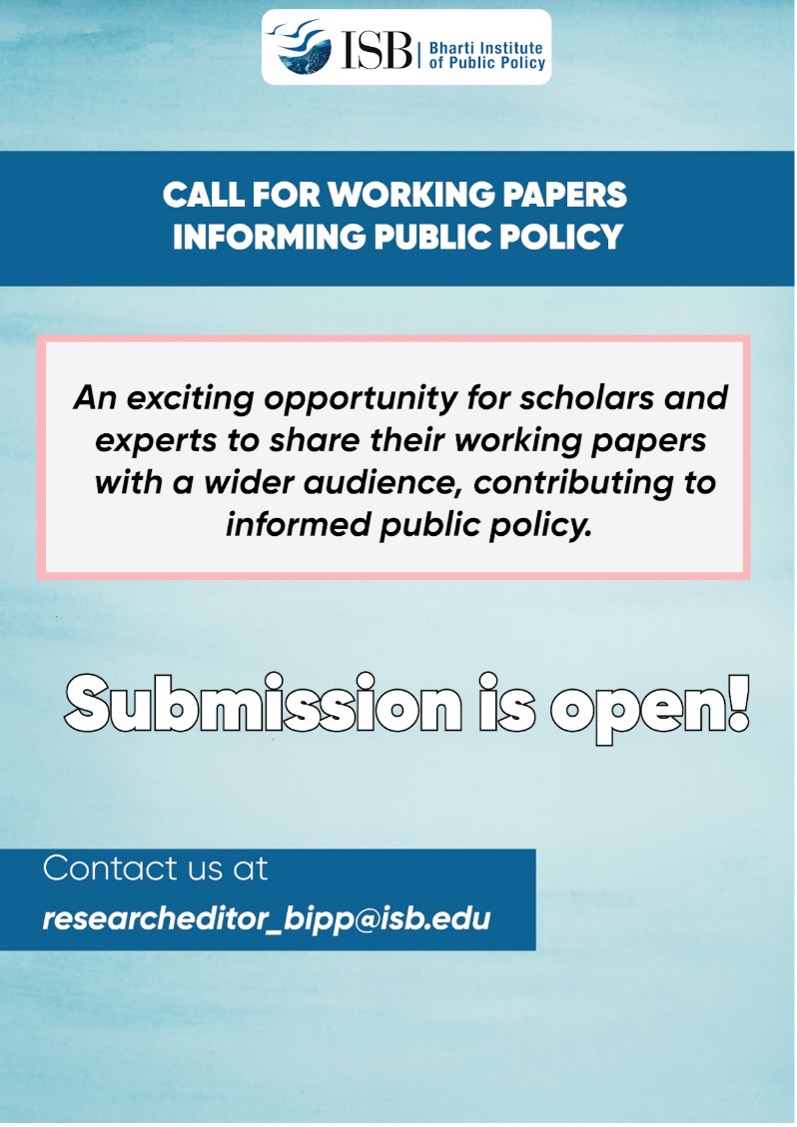
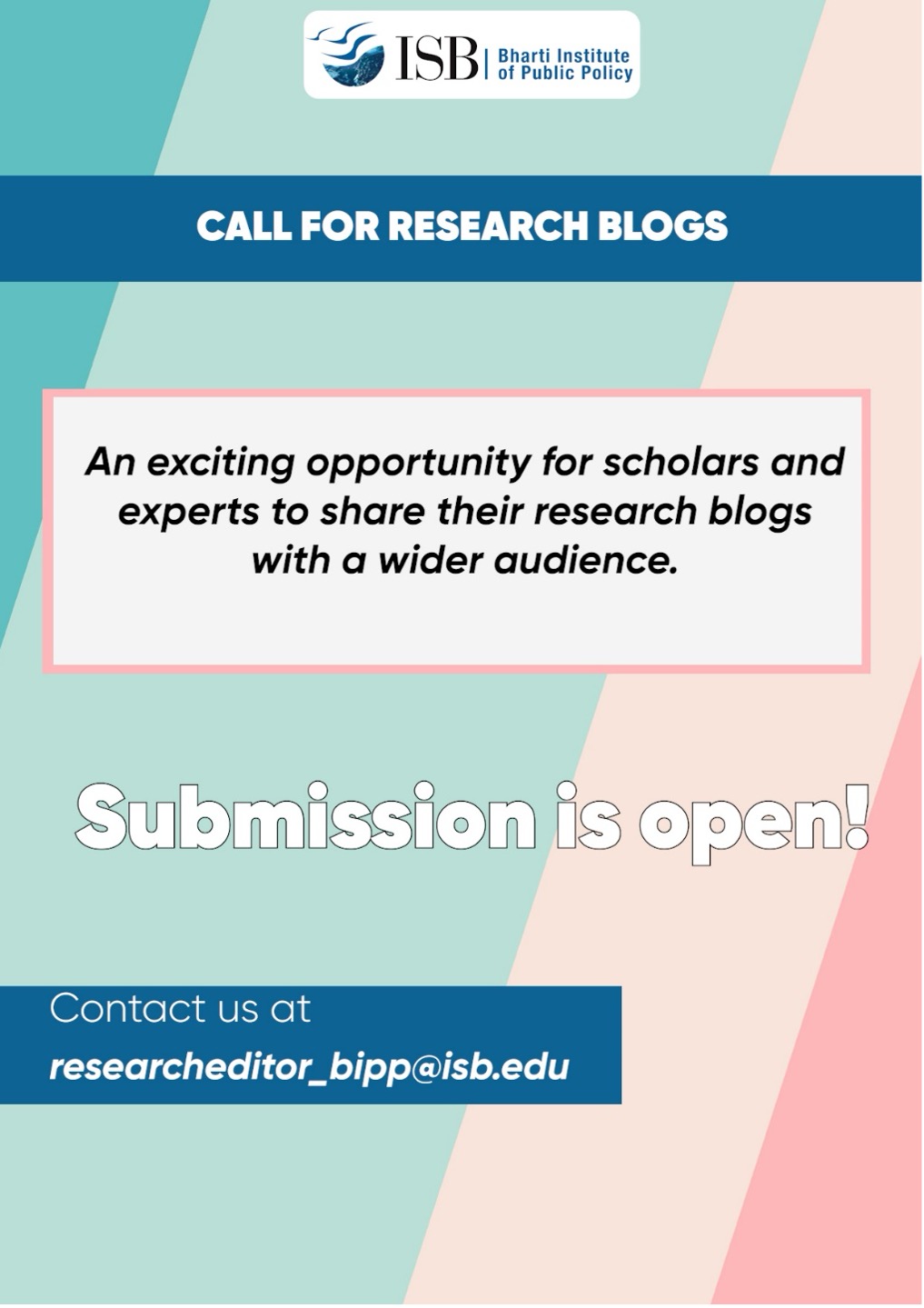
It is for the relentless efforts and dedication of the team at Bharti Institute of Public Policy that we keep on flourishing and scaling new heights. We thank our researchers, managers, writers, coordinators, and associates for their contribution to our innovative programmes, change-oriented collaborations, and dynamic pursuits. Miles to go together!

About Bharti Institute of Public Policy
The Bharti Institute of Public Policy is an integral part of the Indian School of Business. Functioning as an independent think-tank, the institute engages with policy makers by providing them with critical, evidence-based analysis of public policy rooted in data. The institute works on policy challenges across diverse domains, the main ones being Agriculture and Food, Environment, Education, Financial Policy, Governance and Digital identity.
